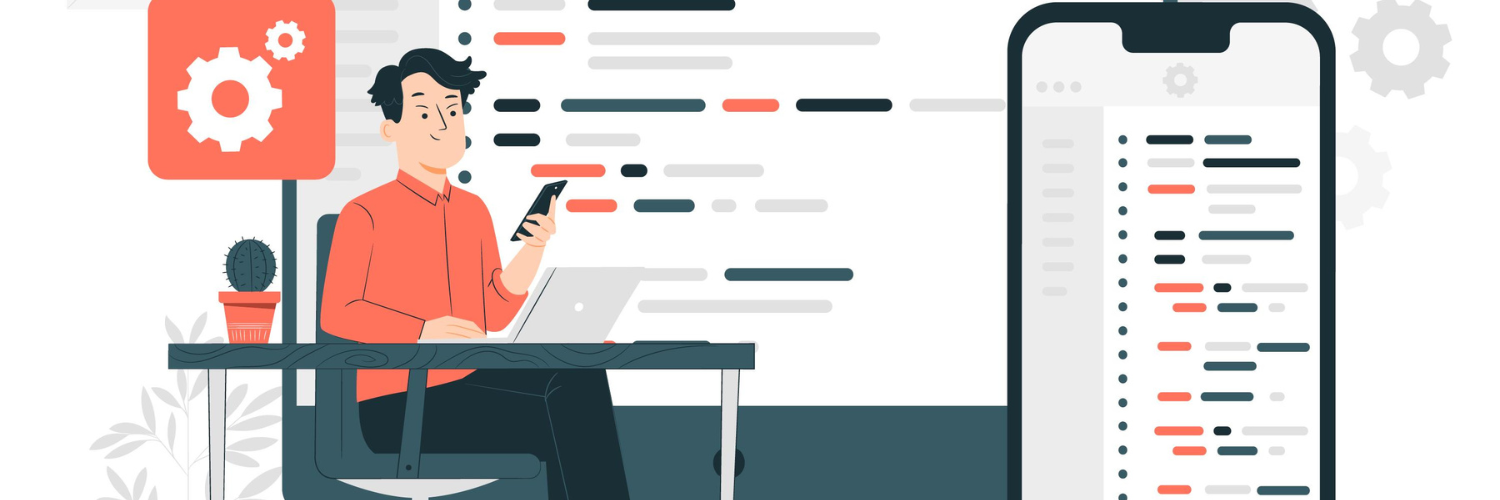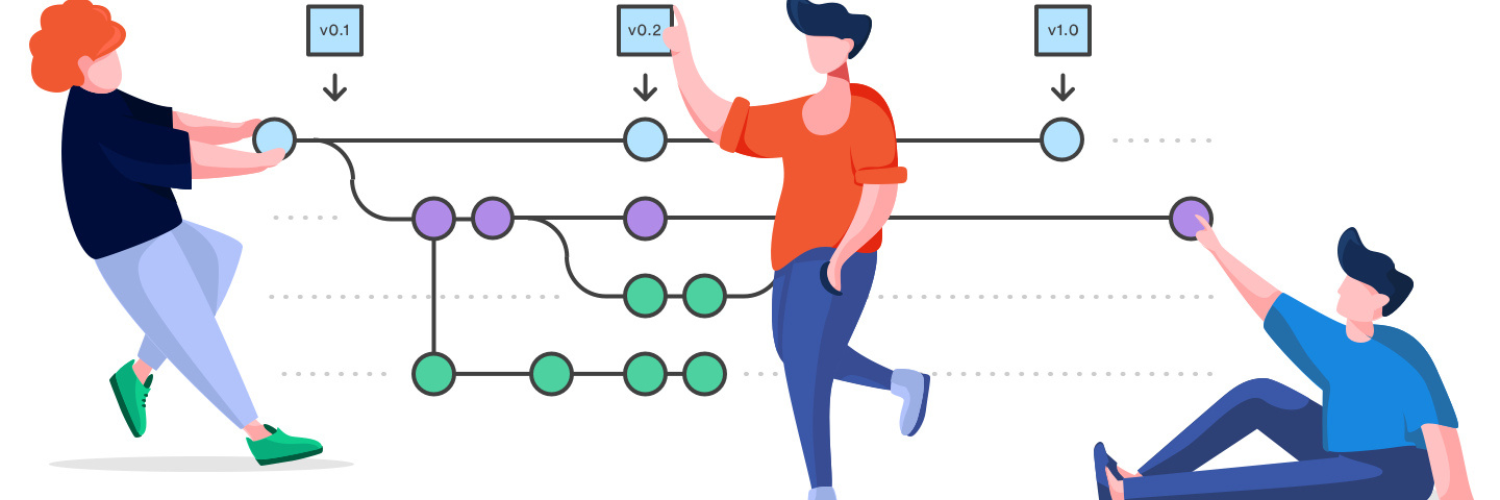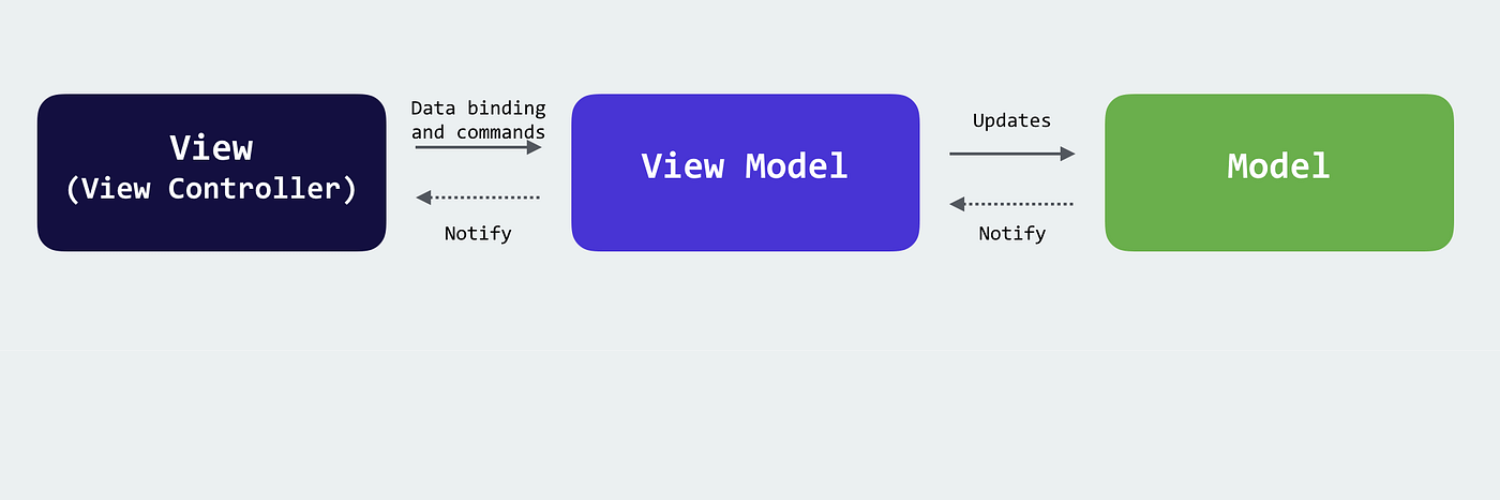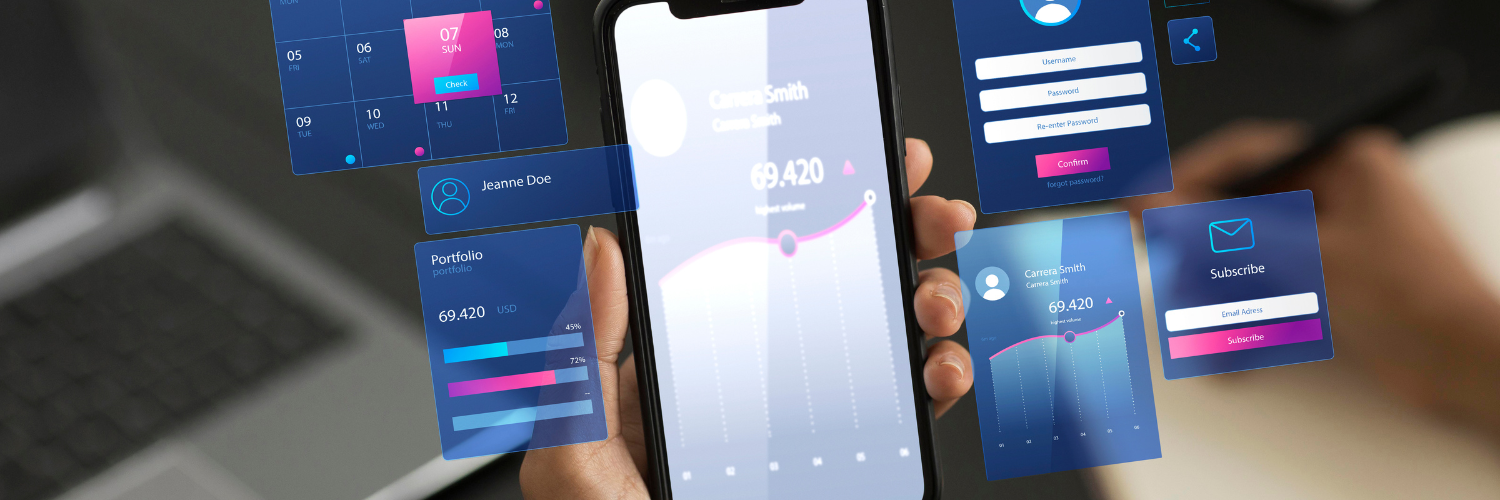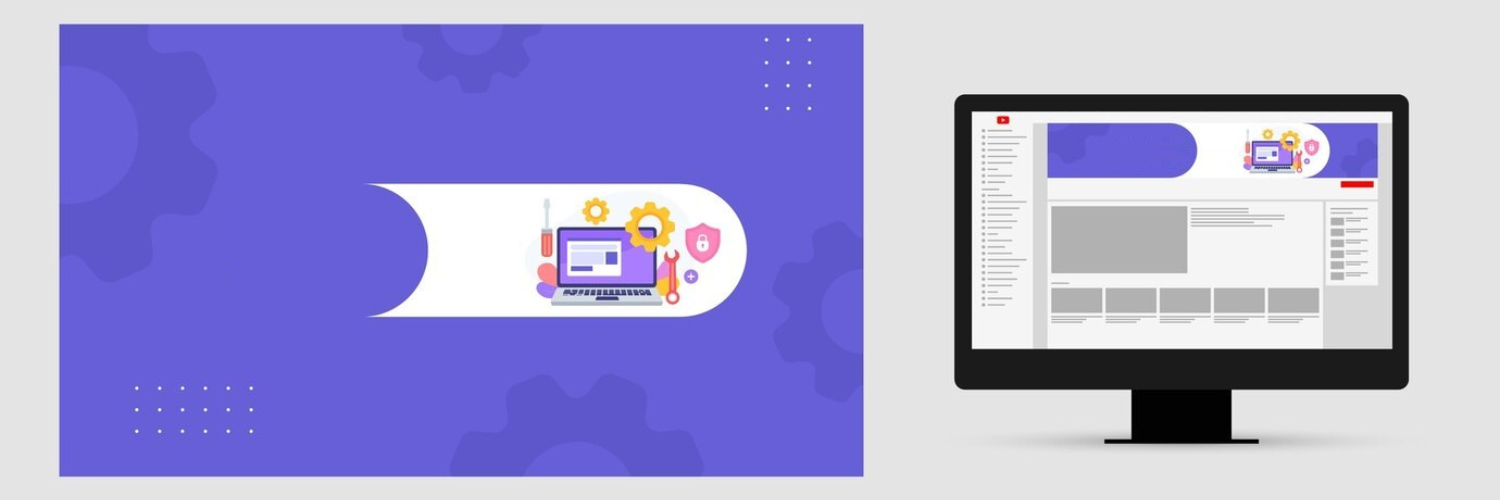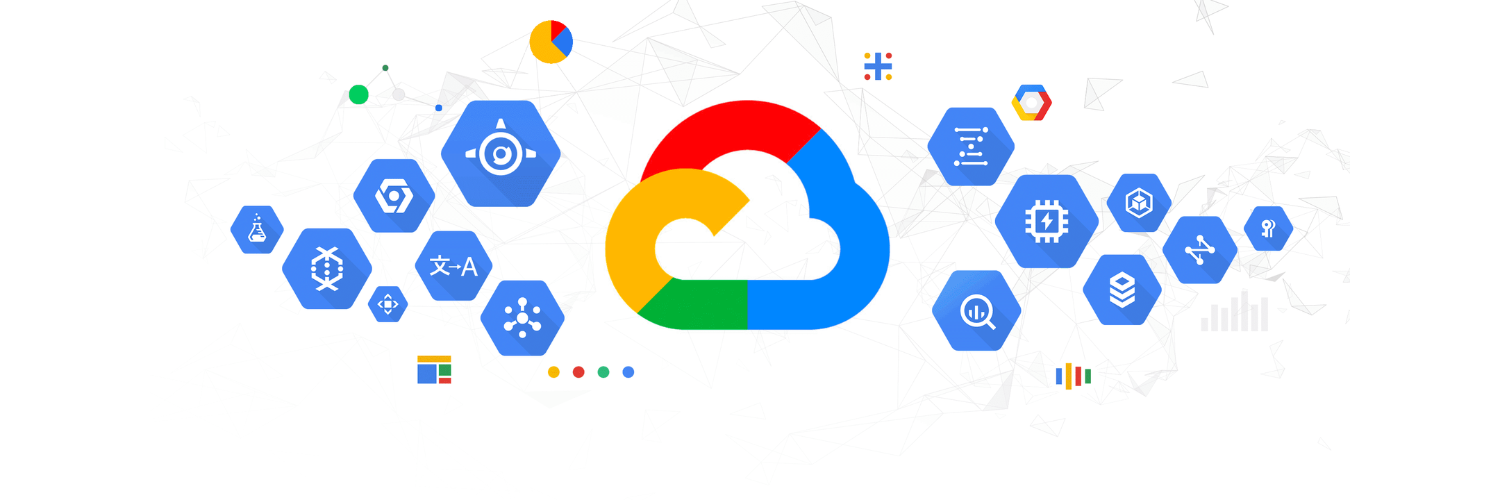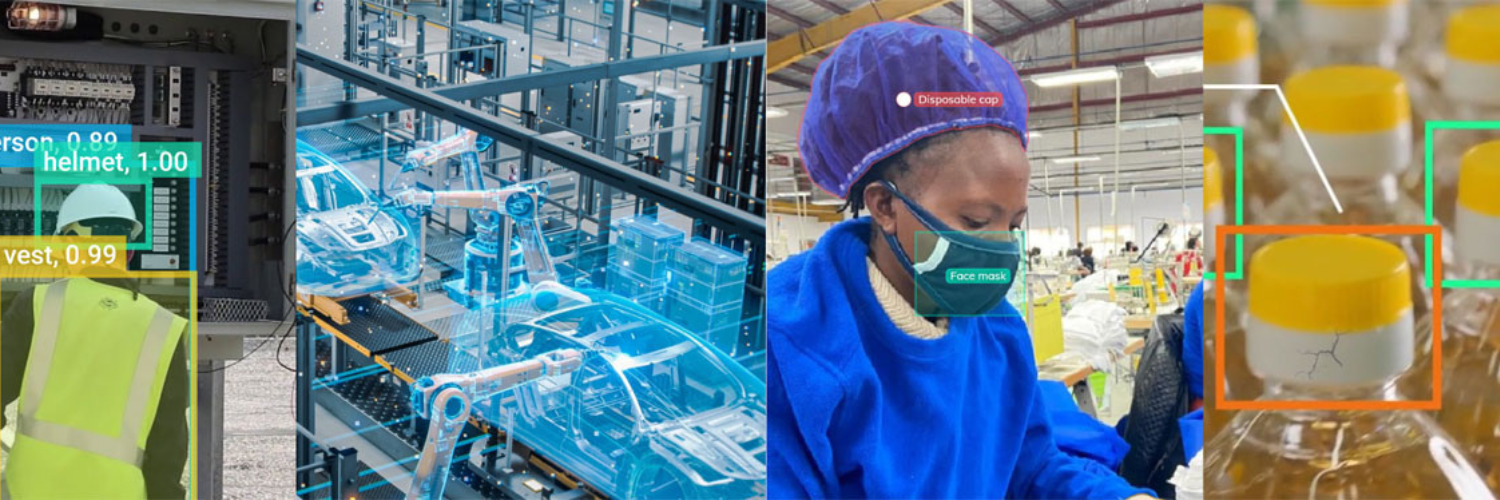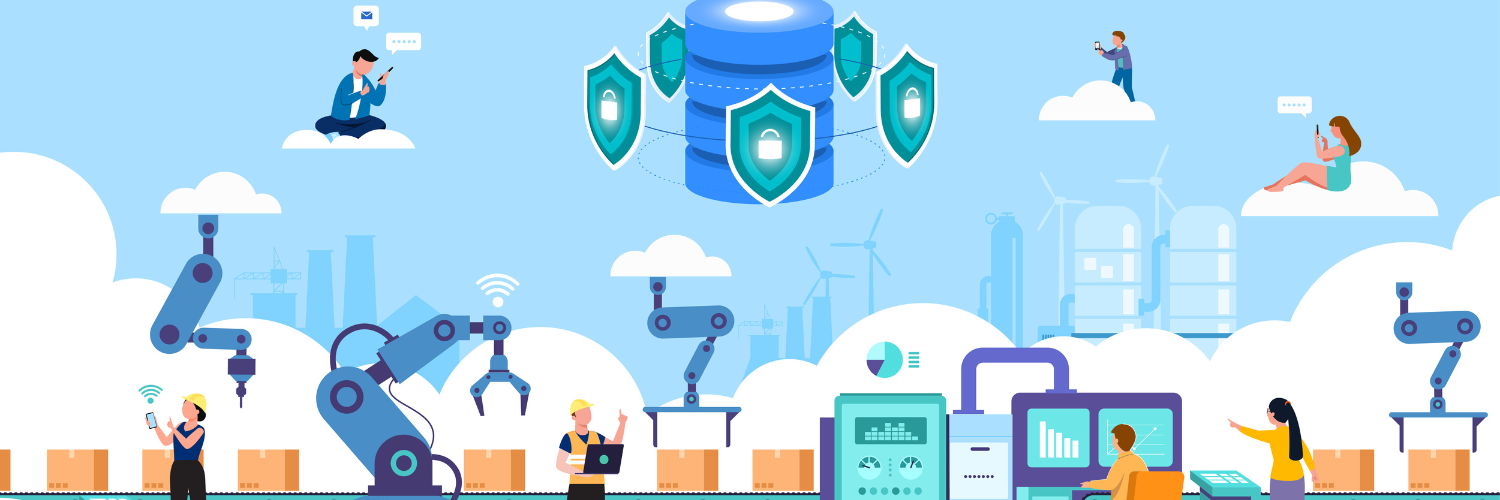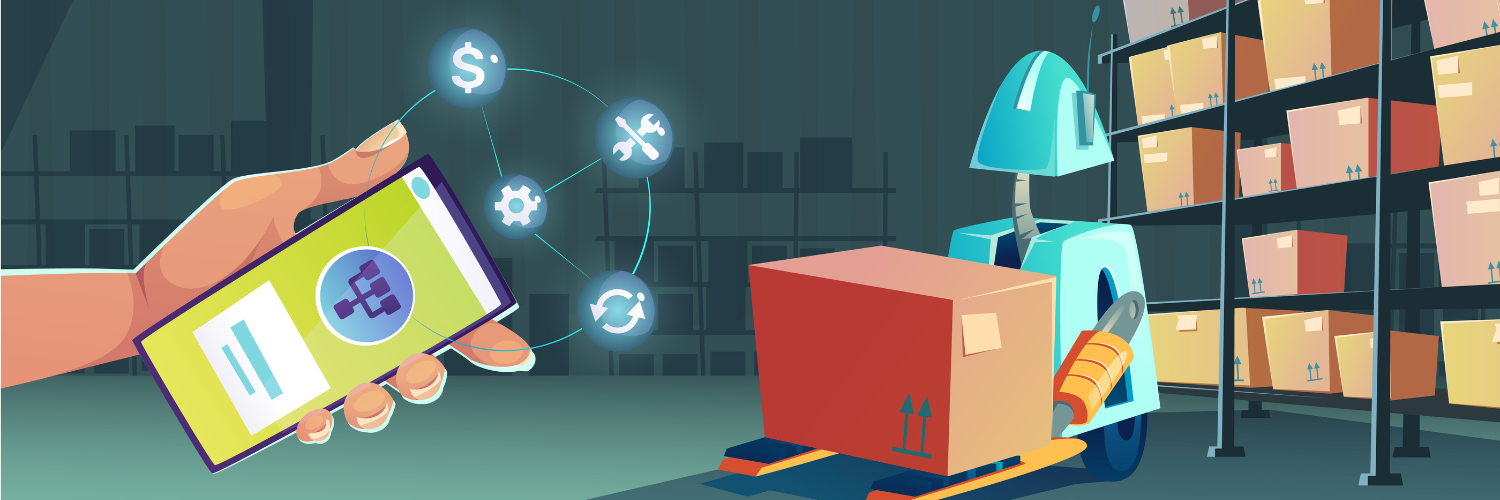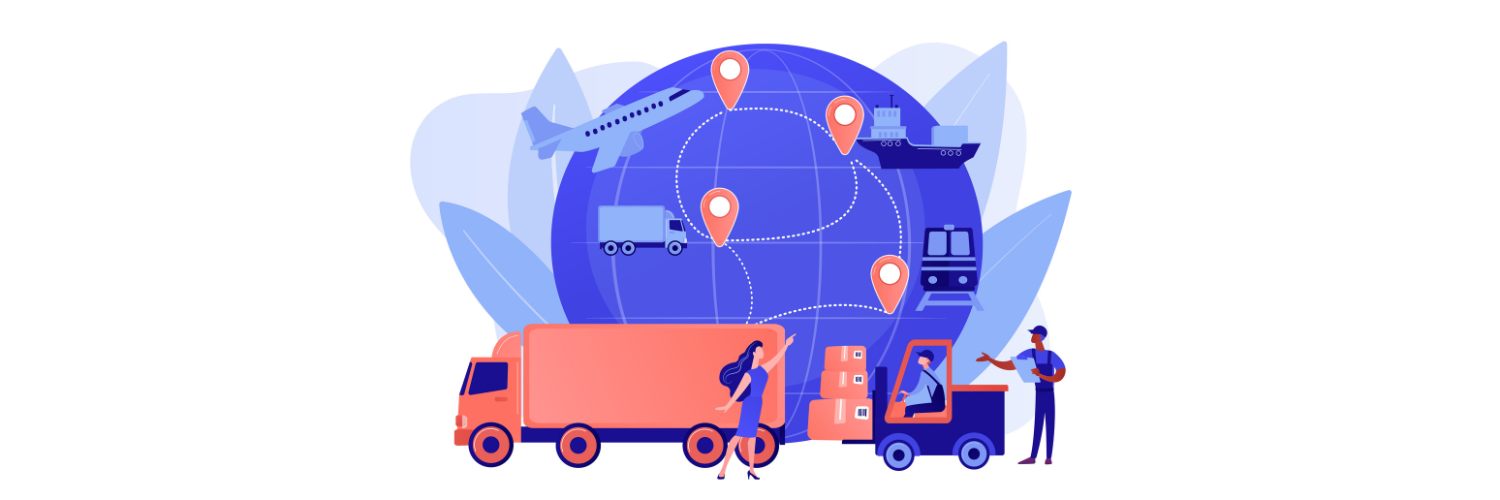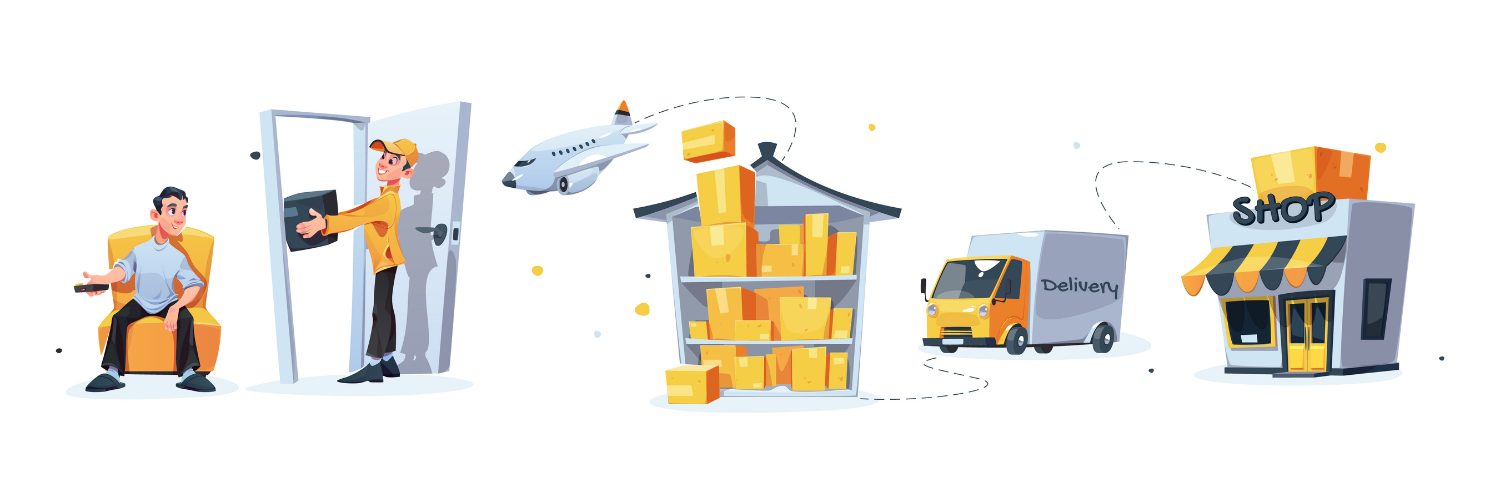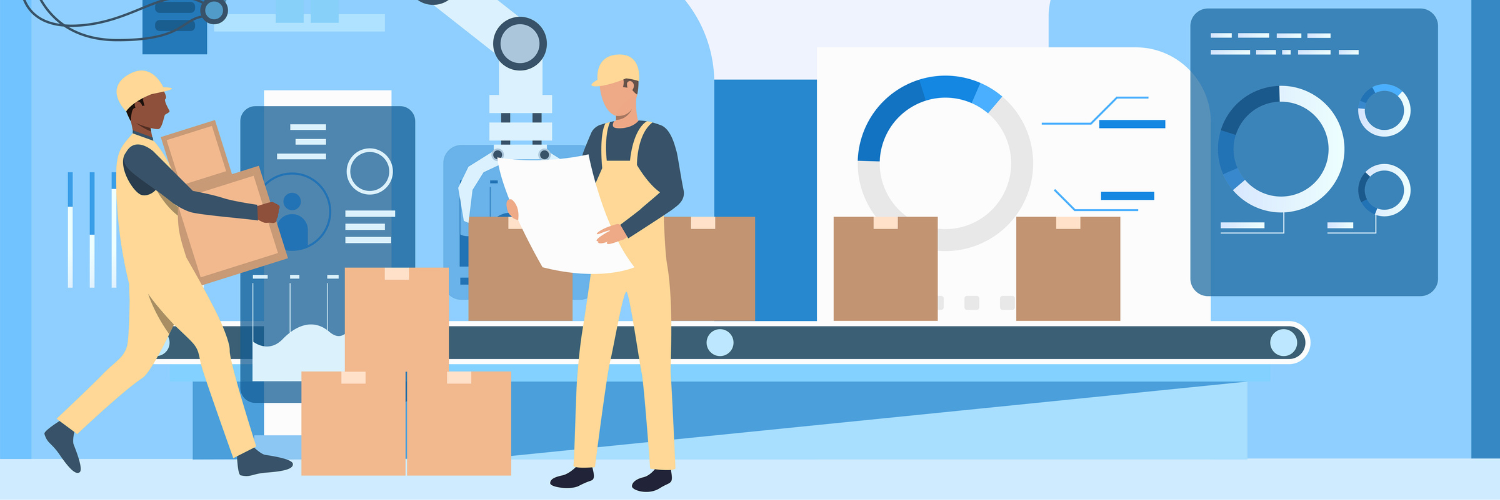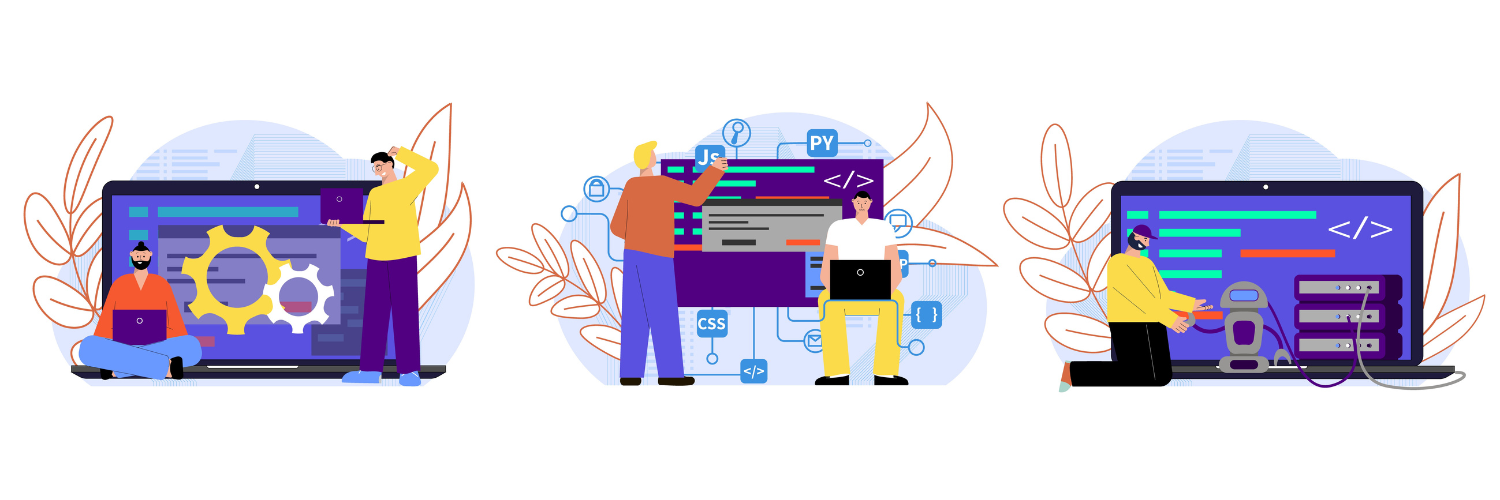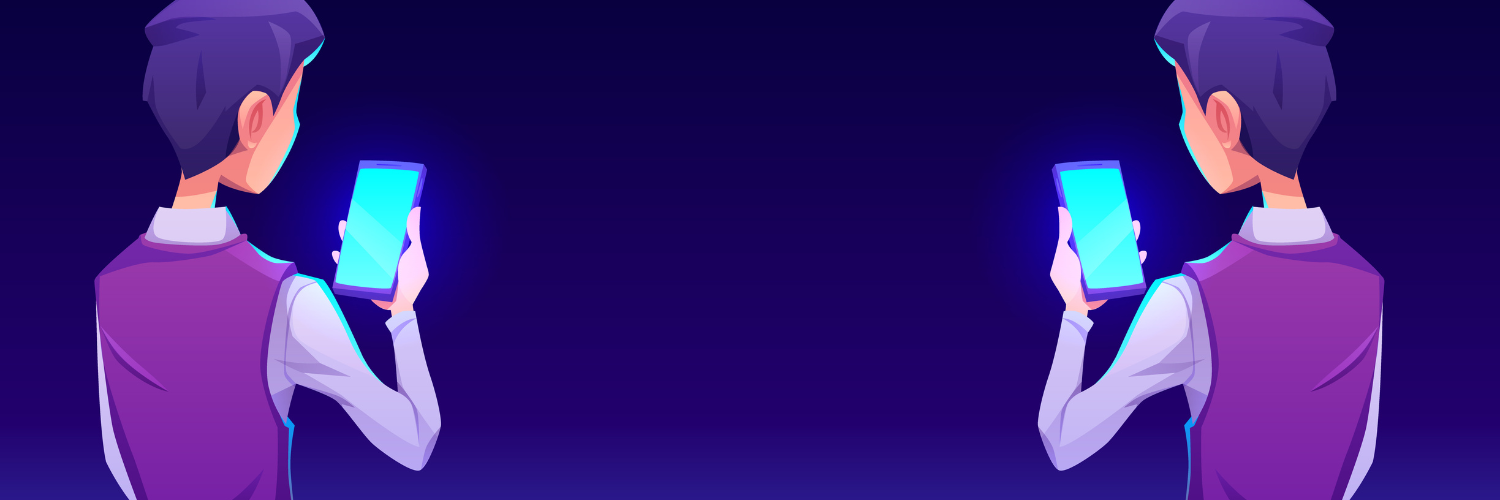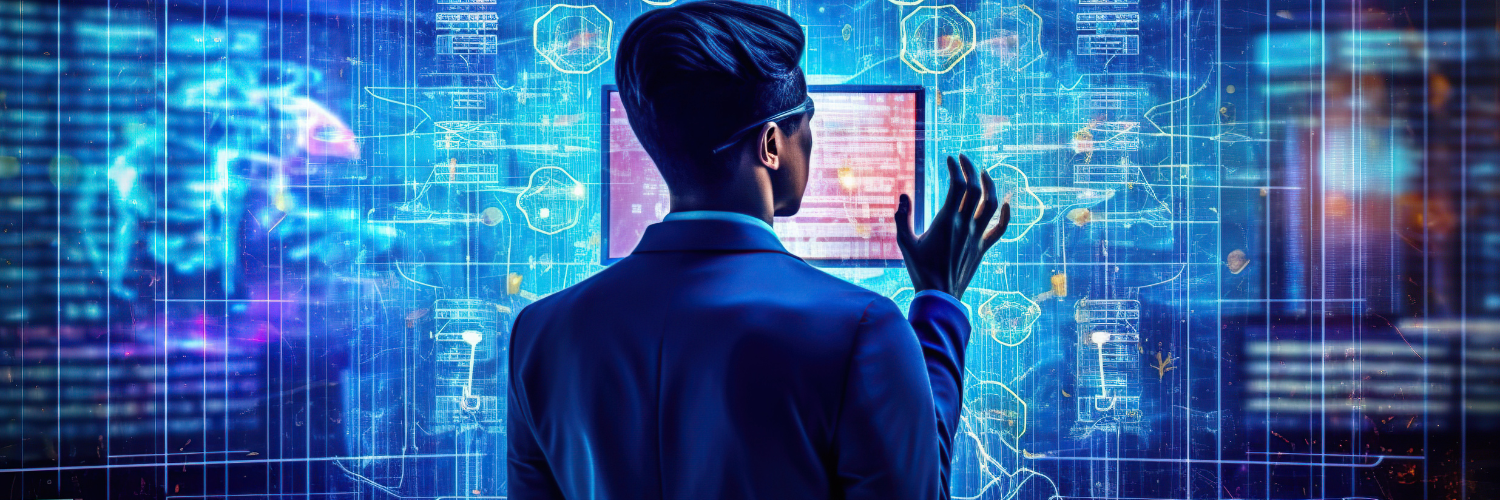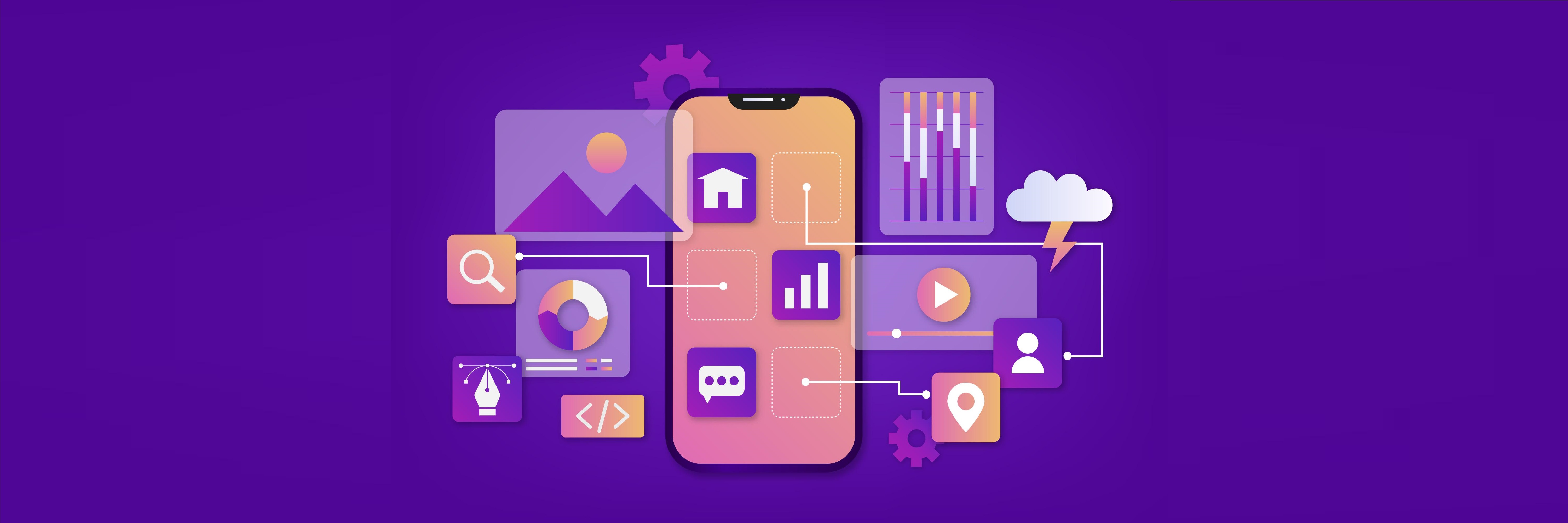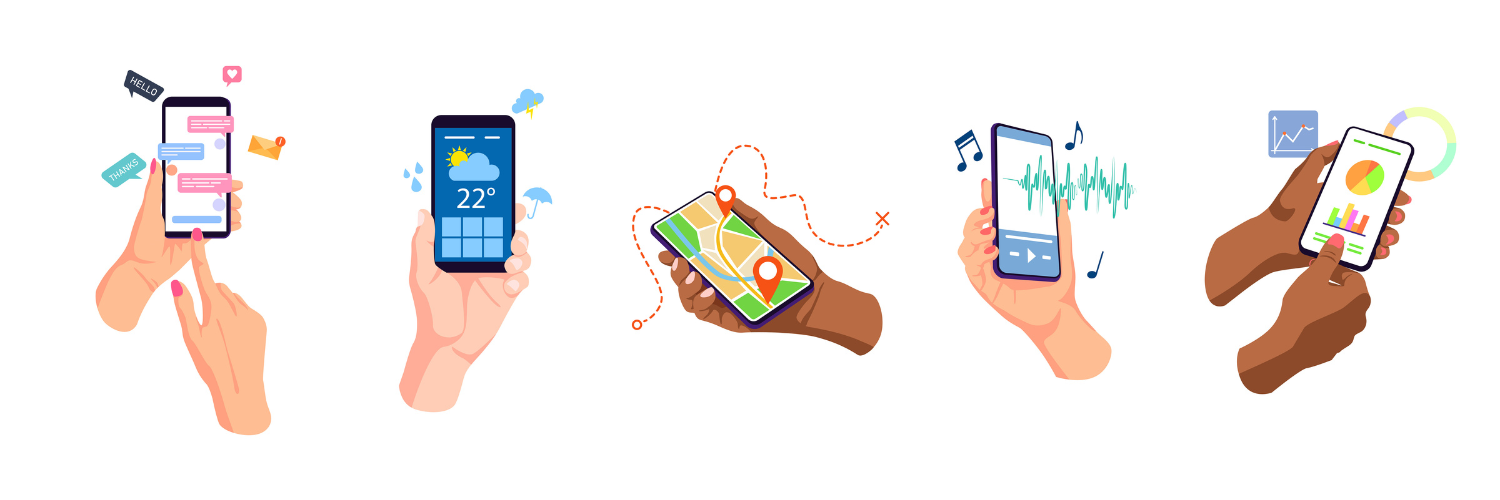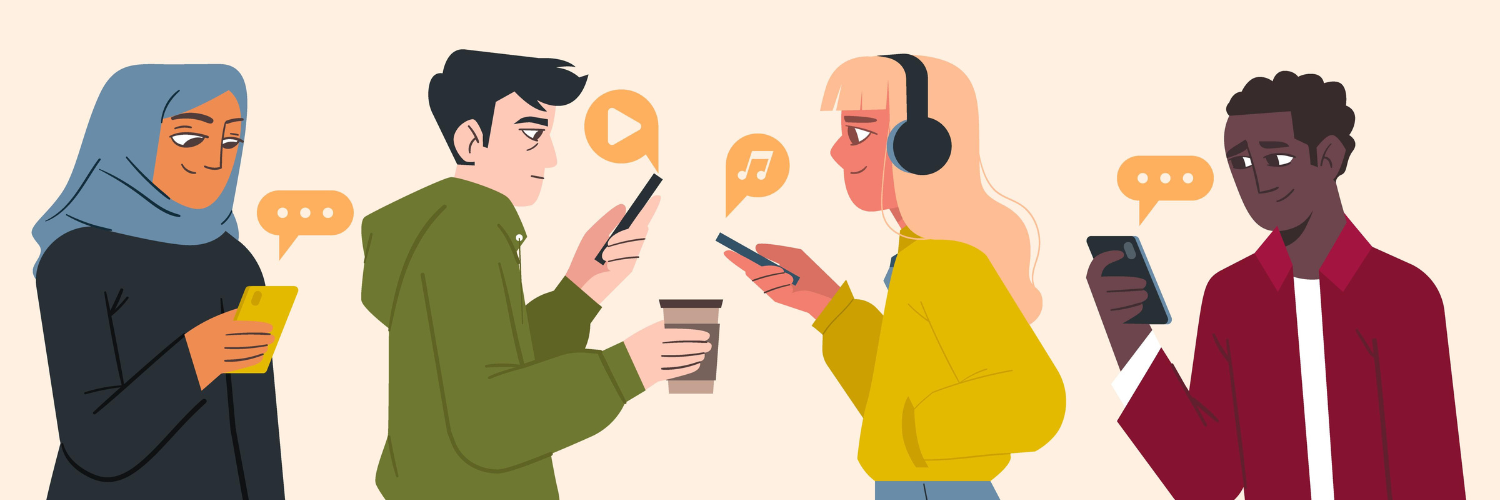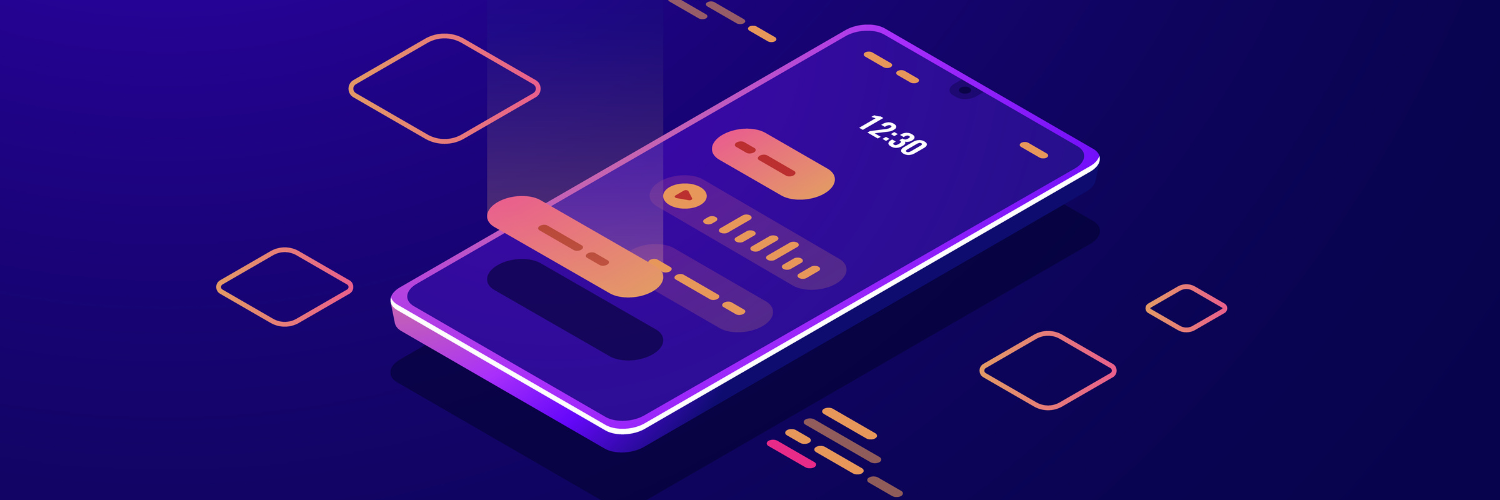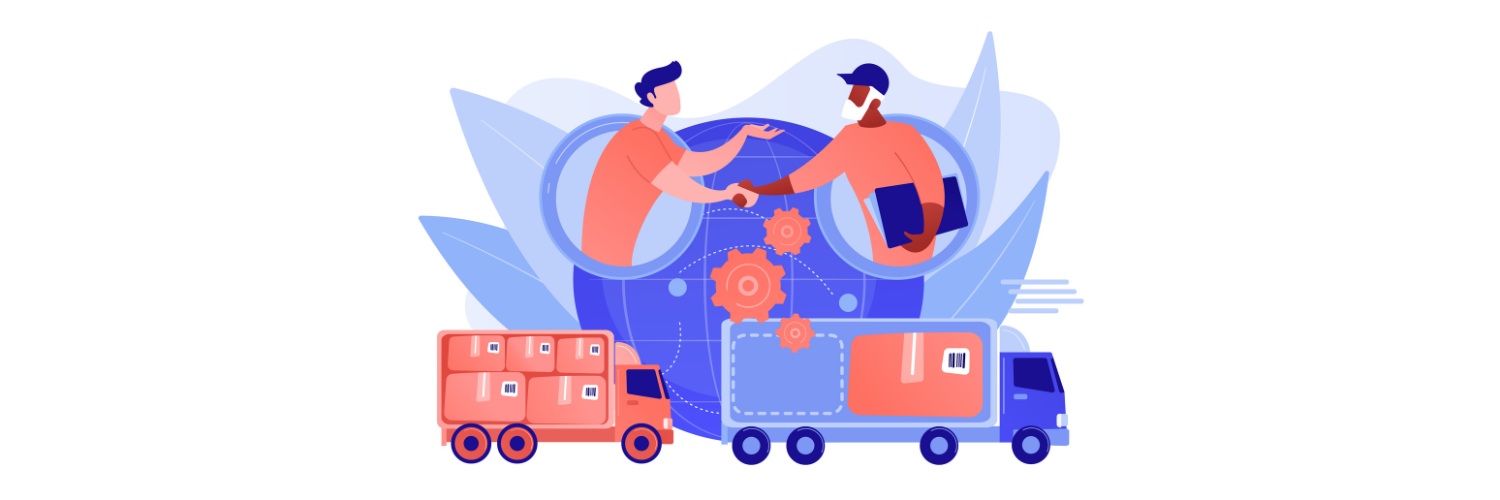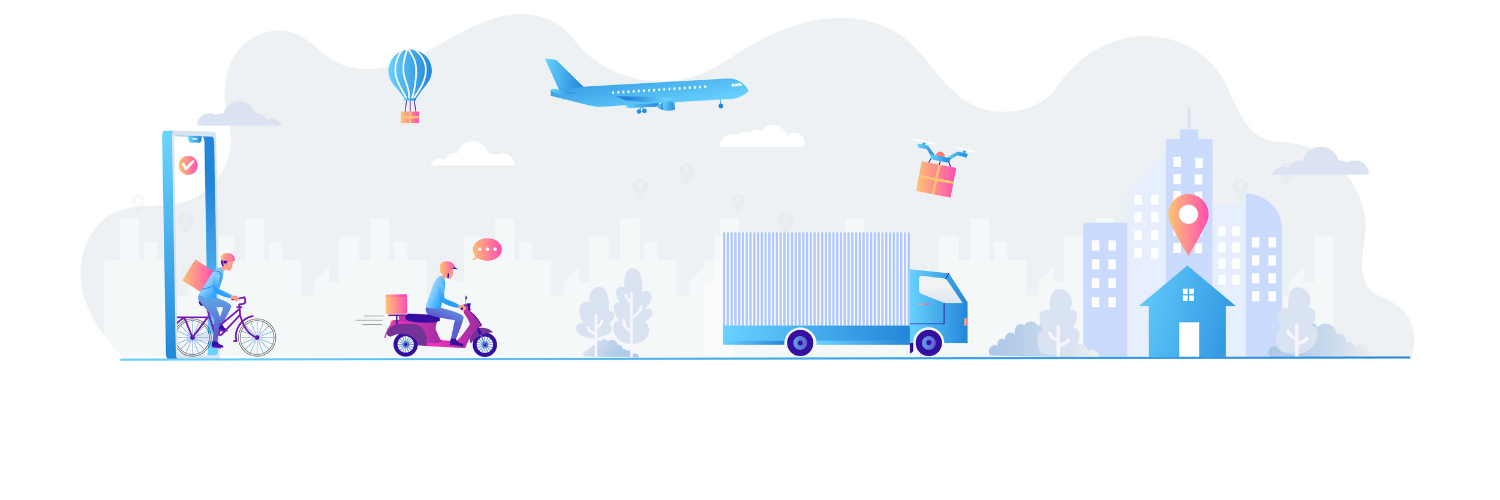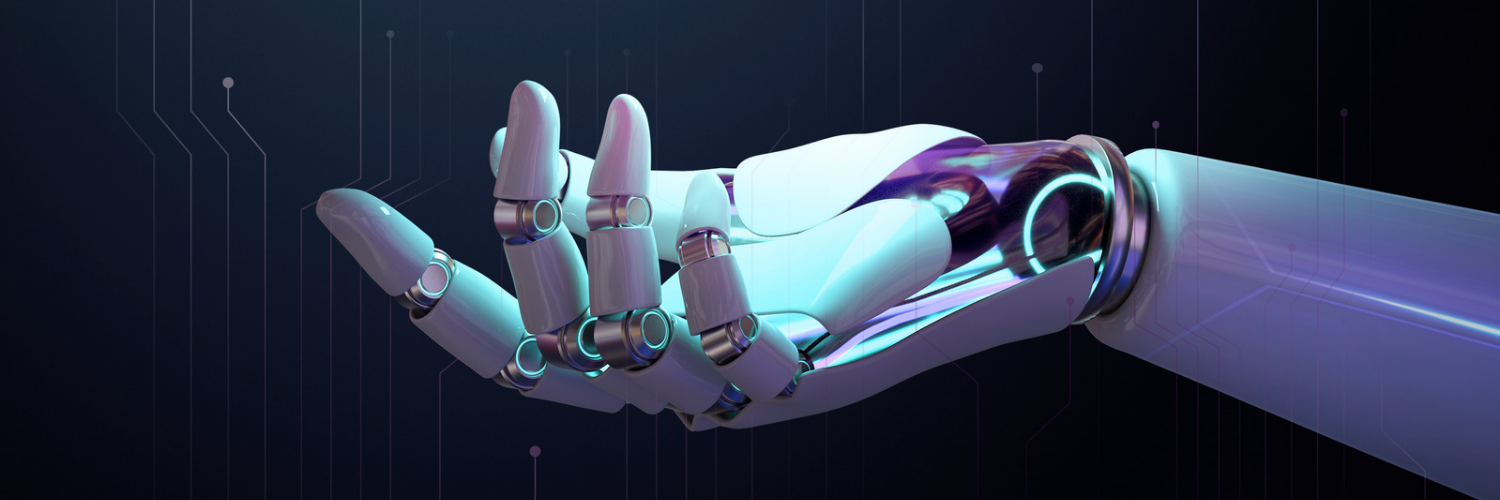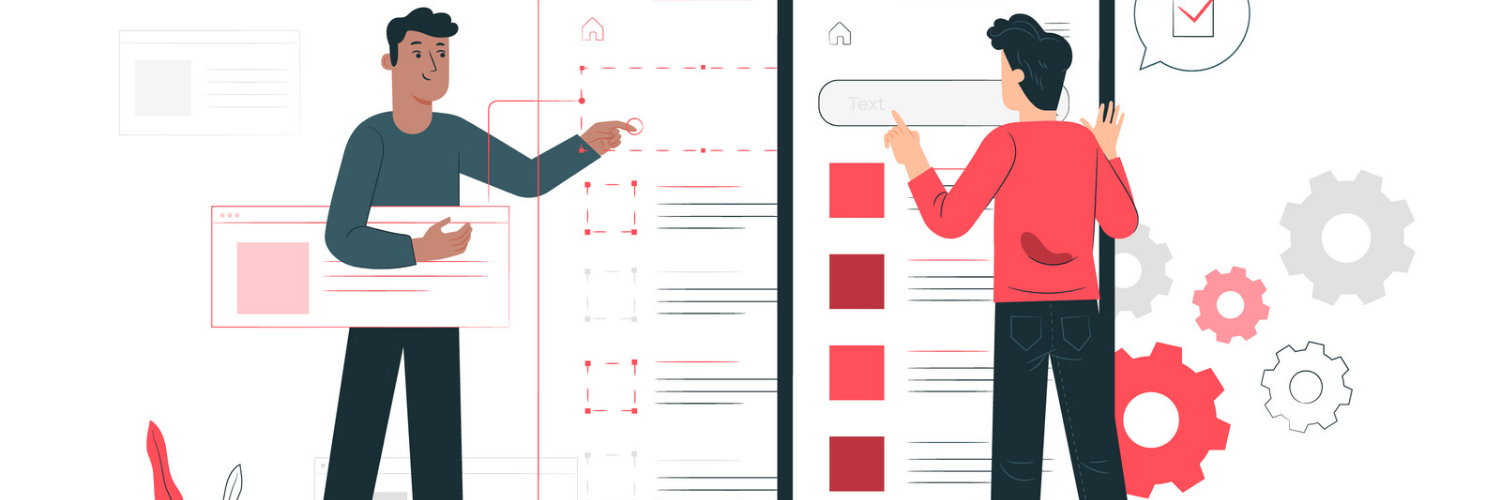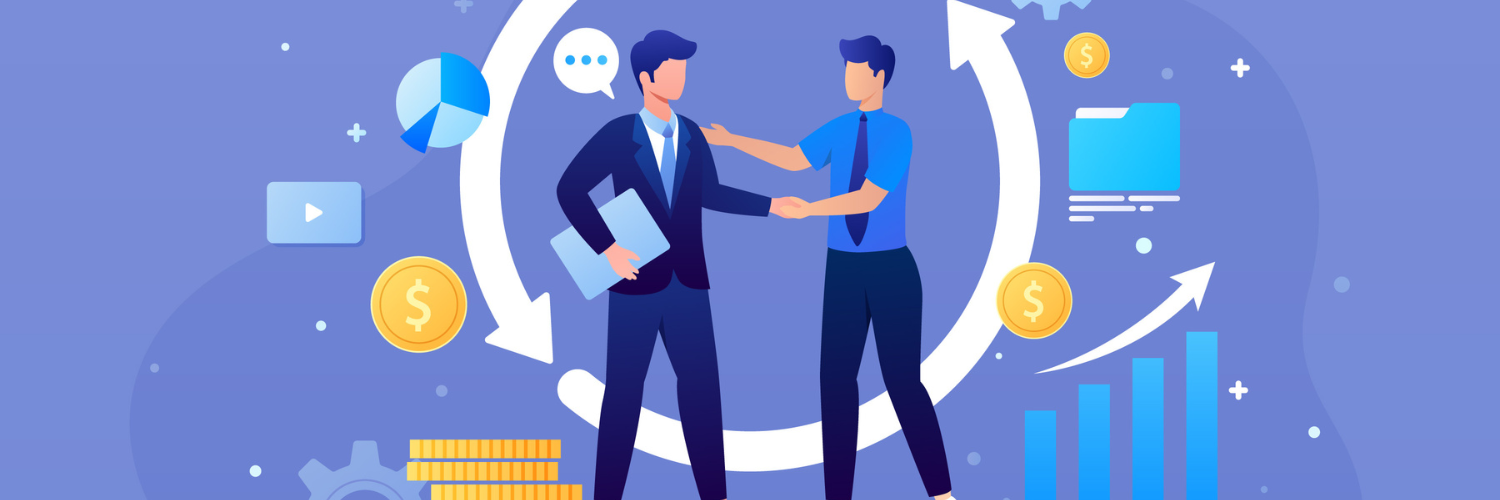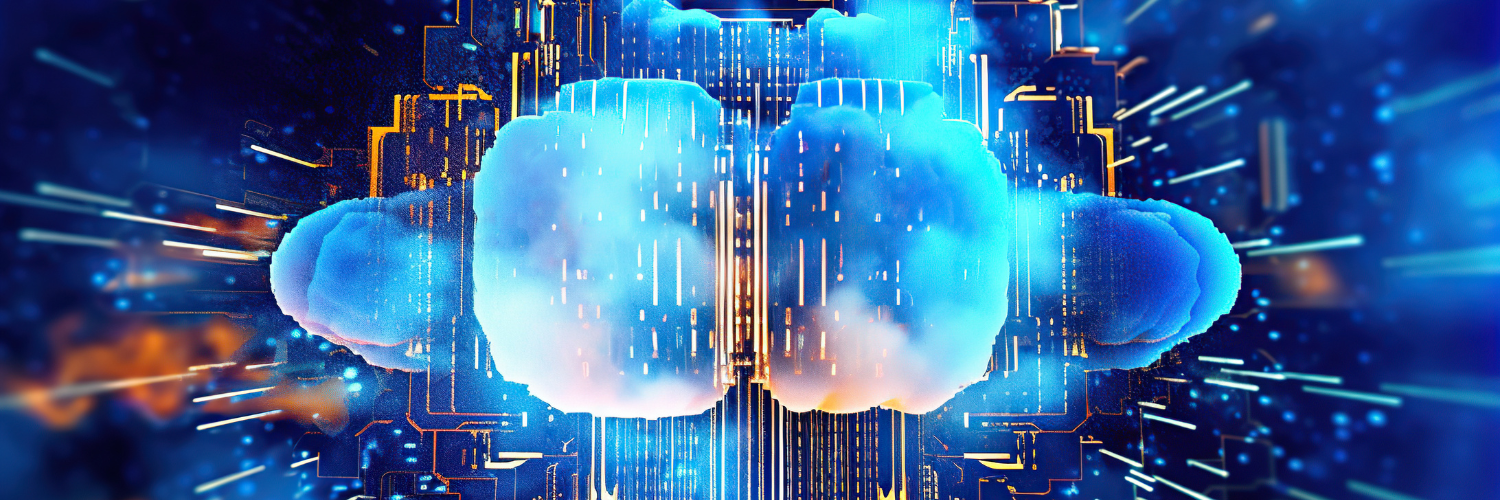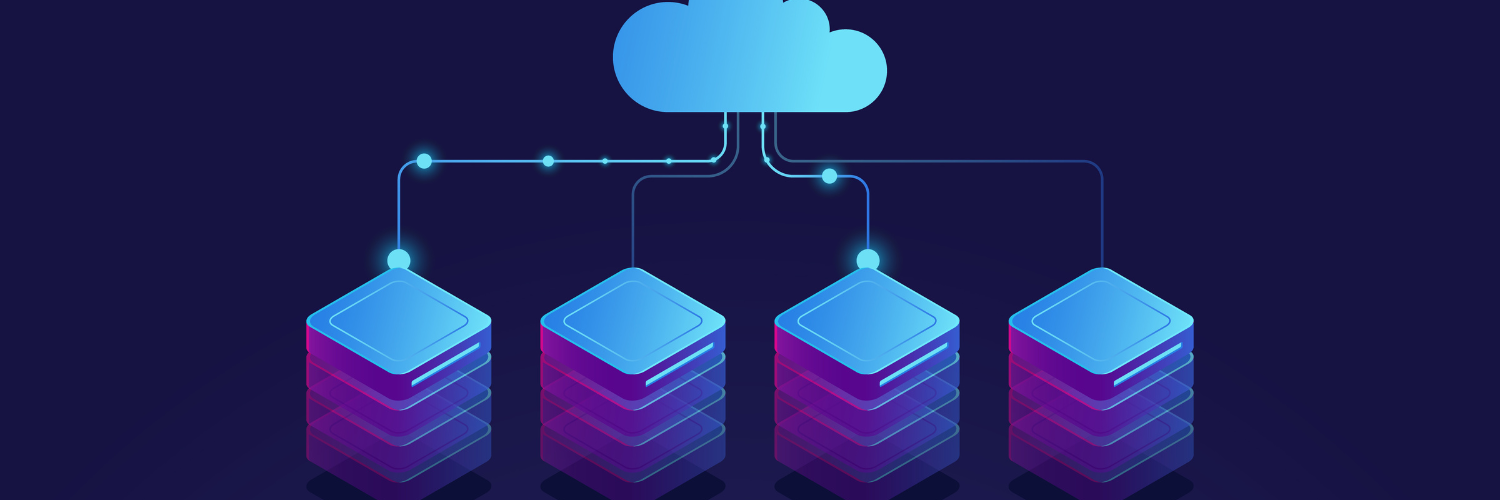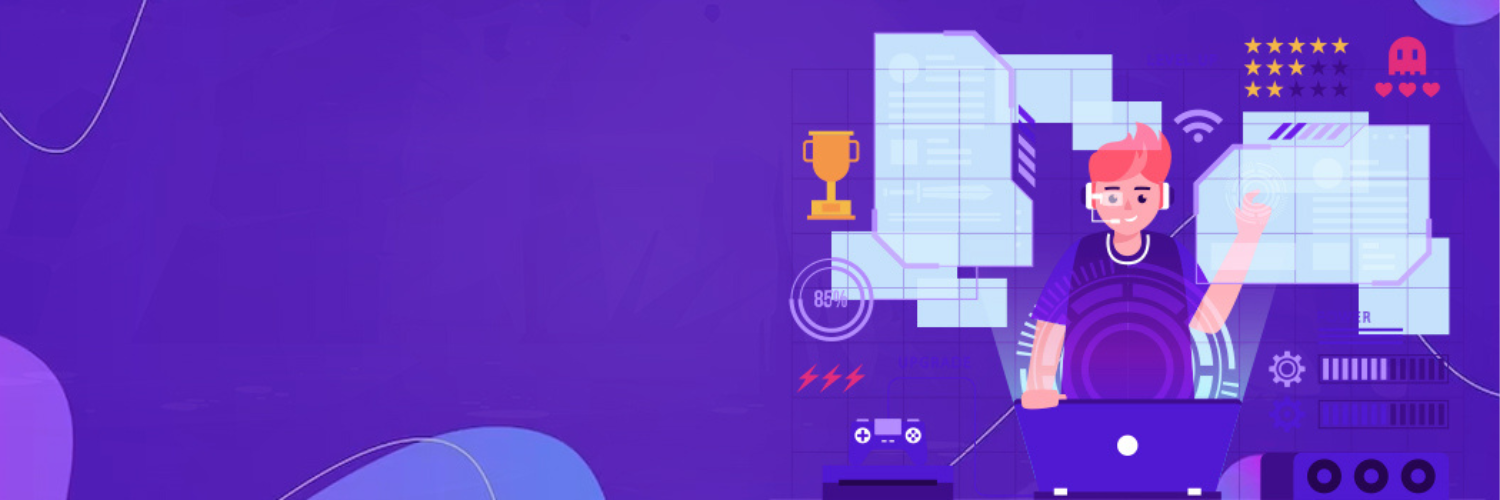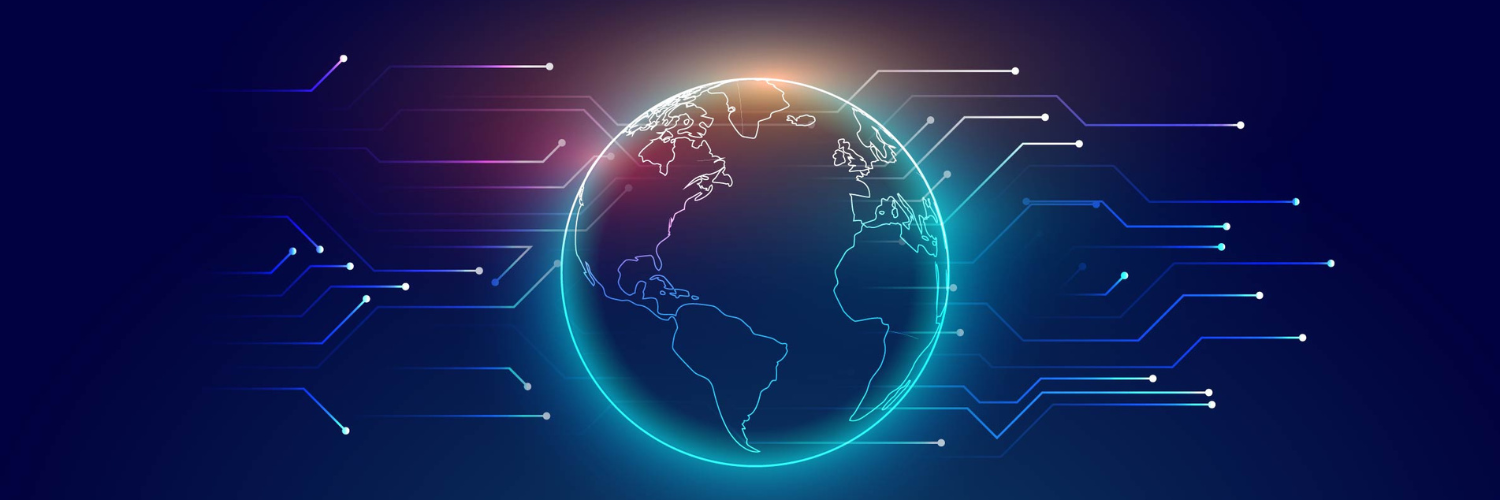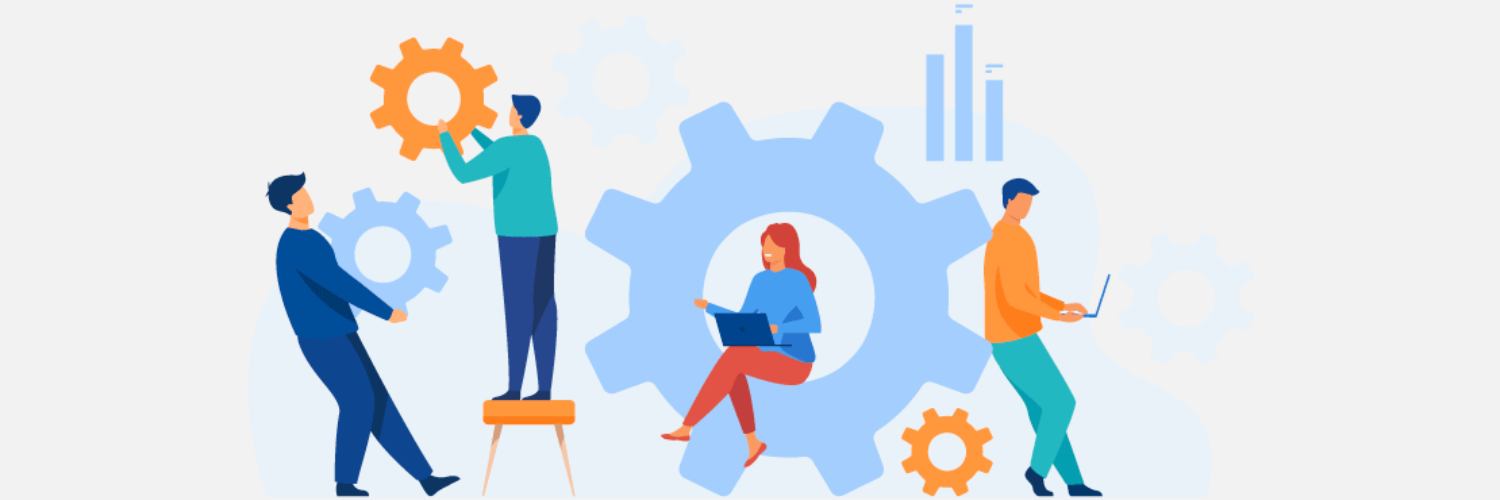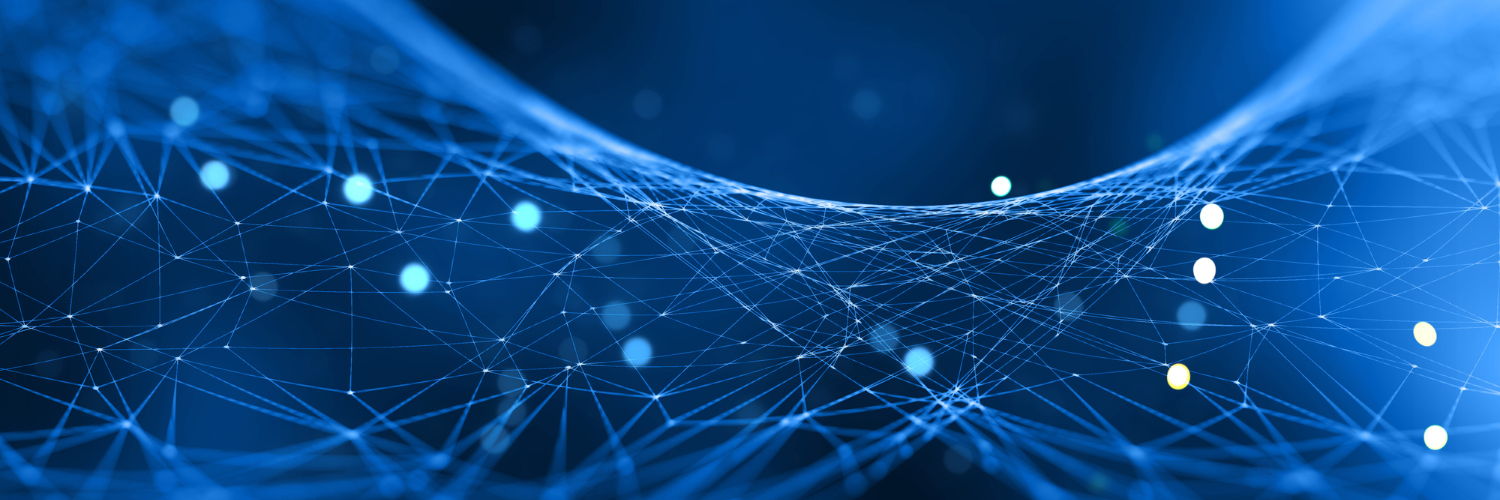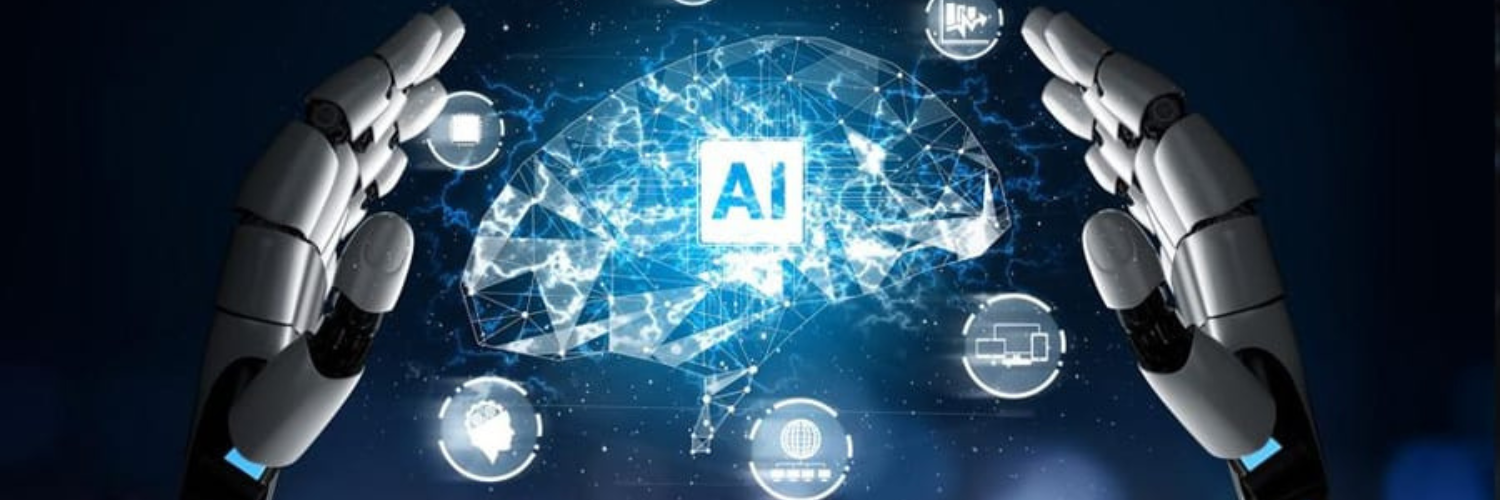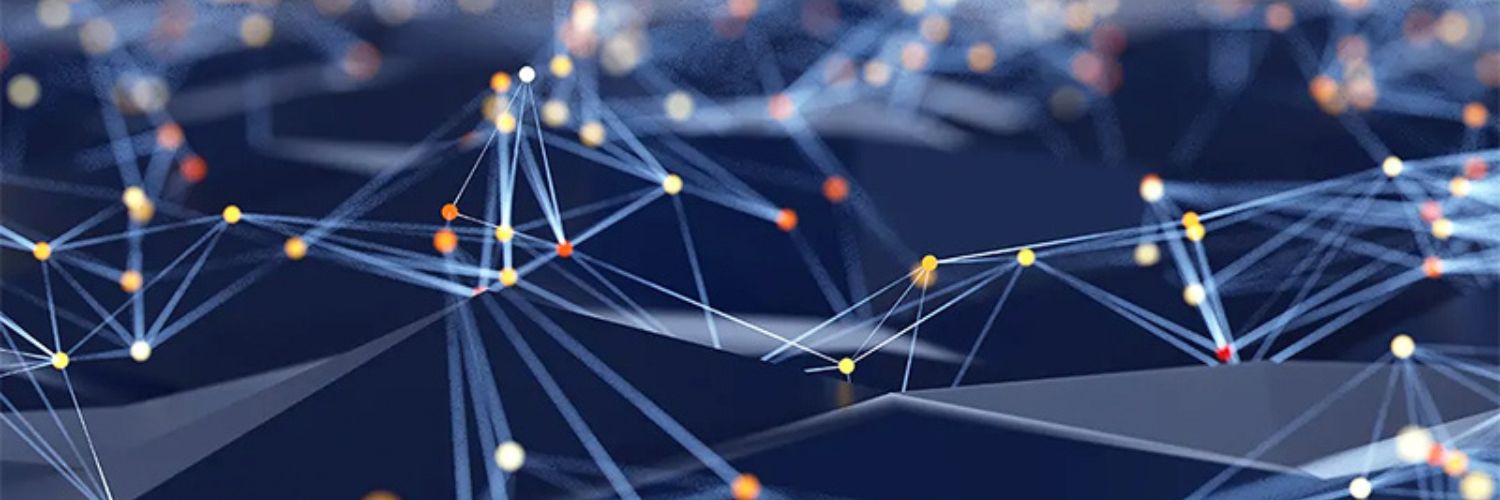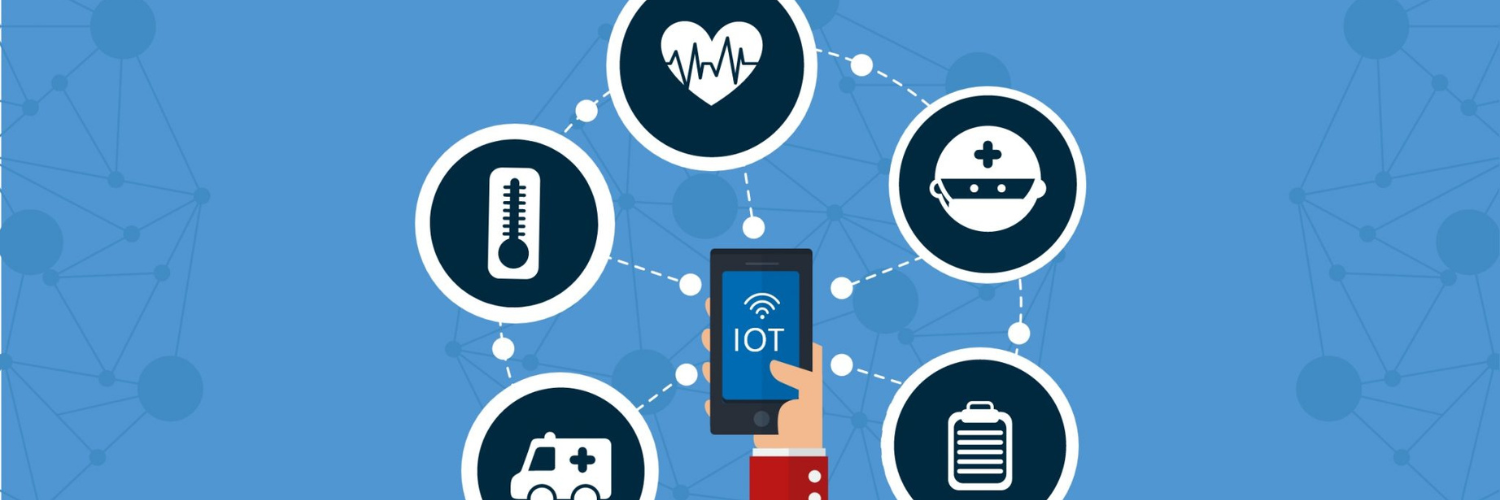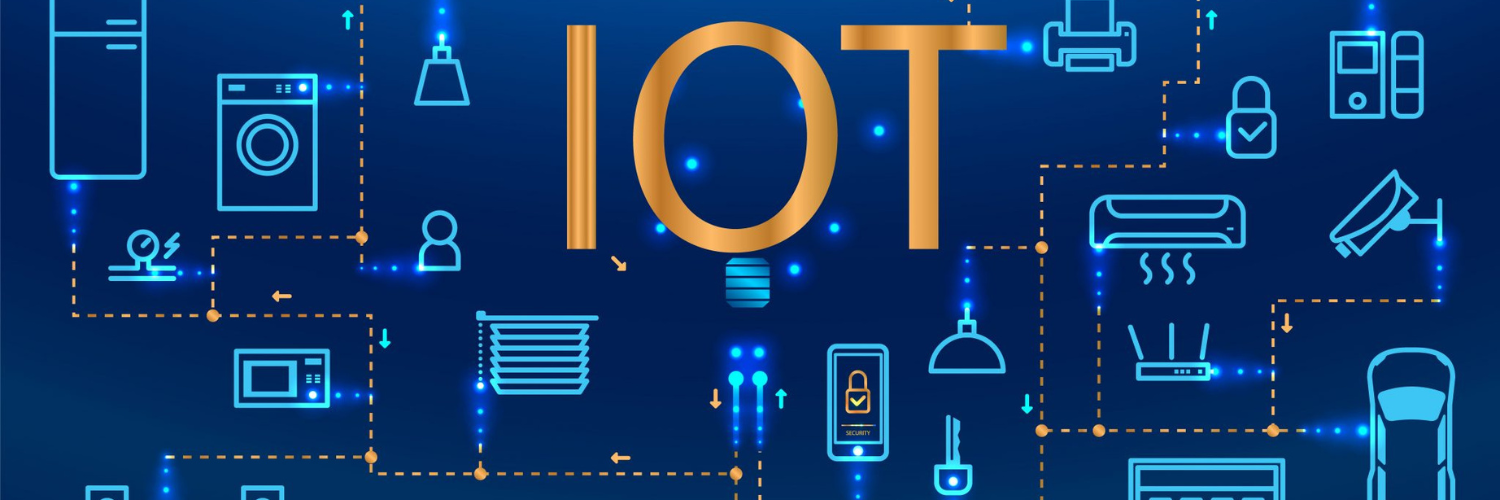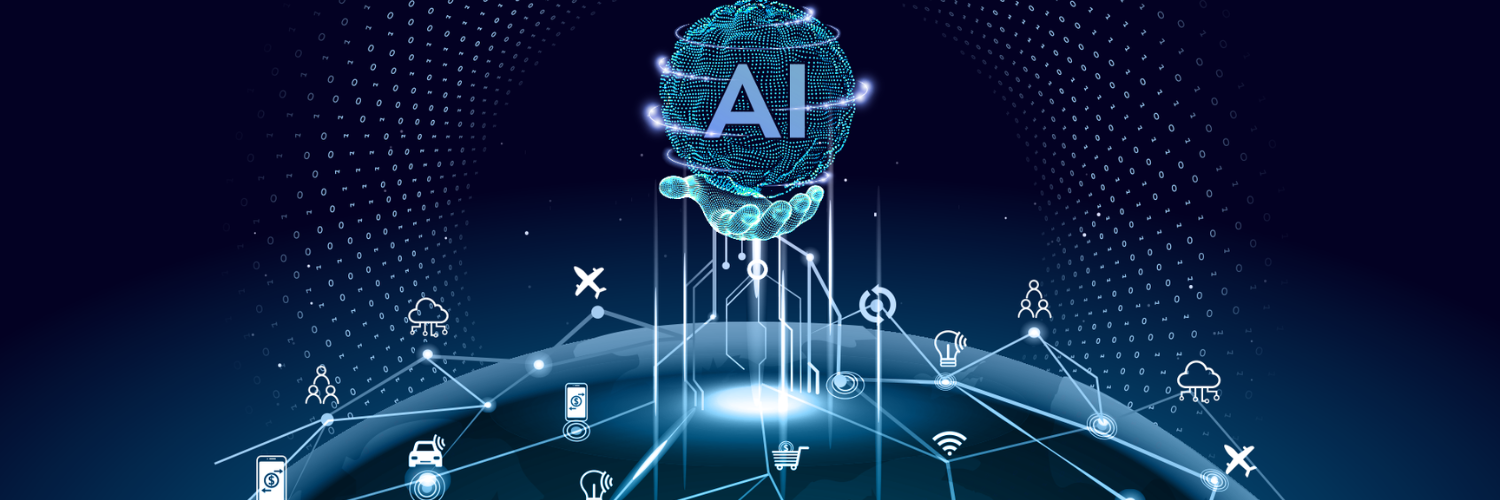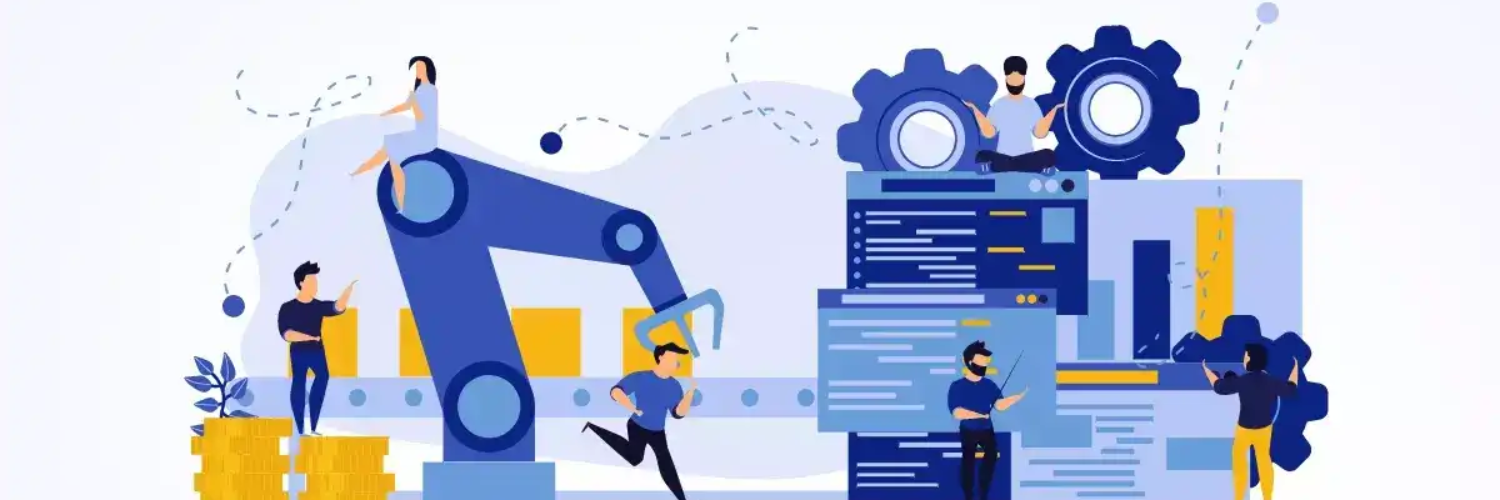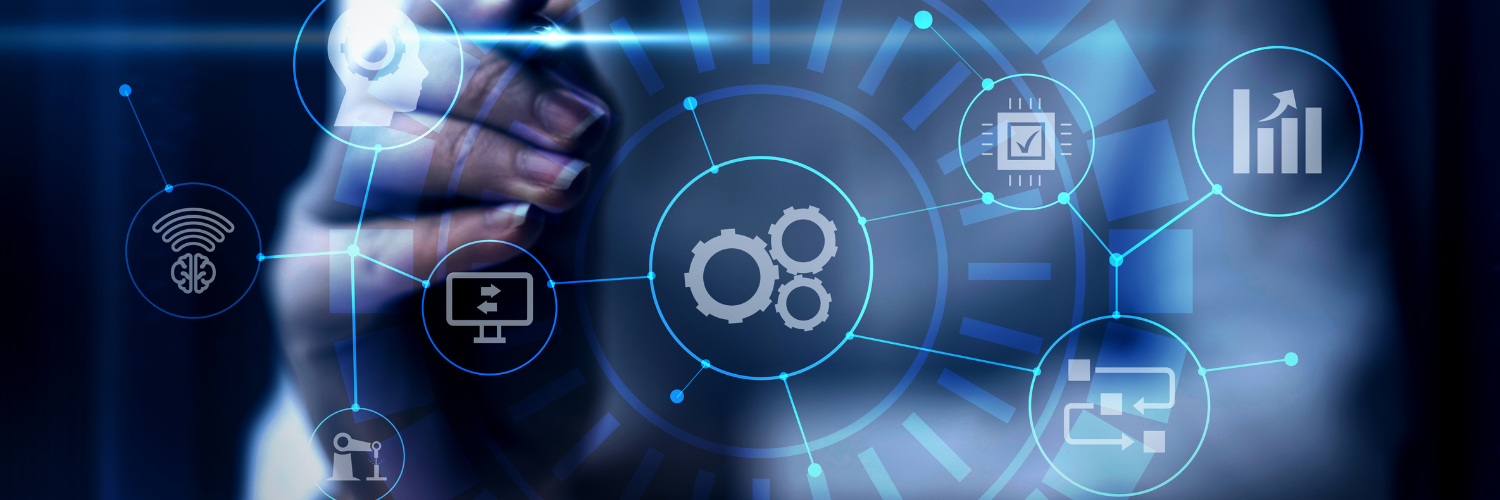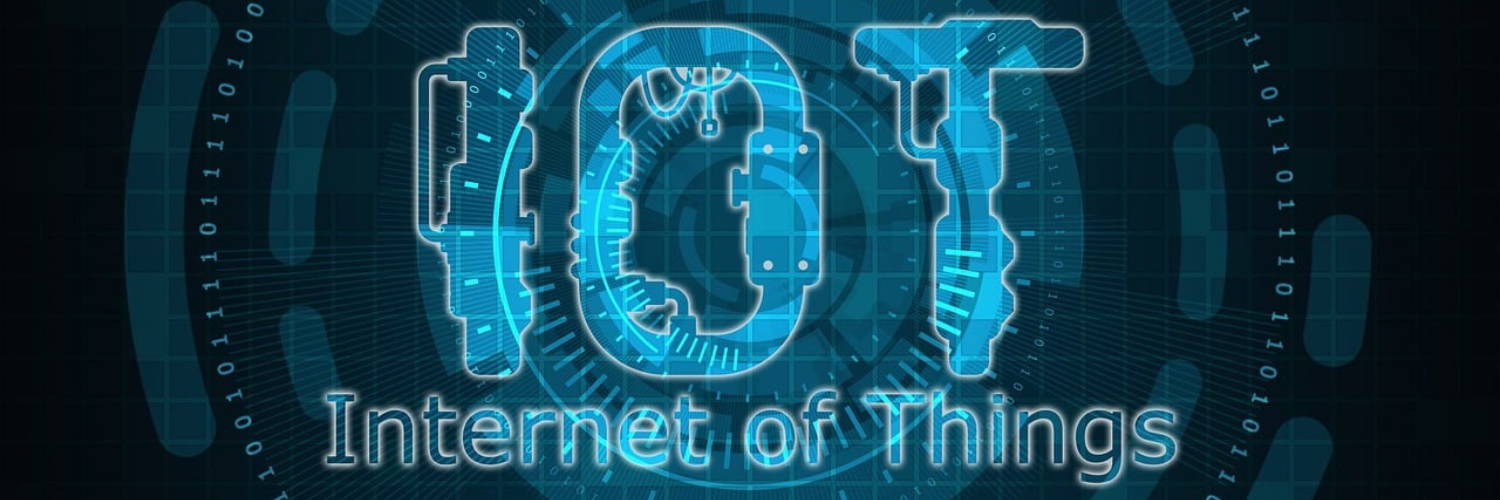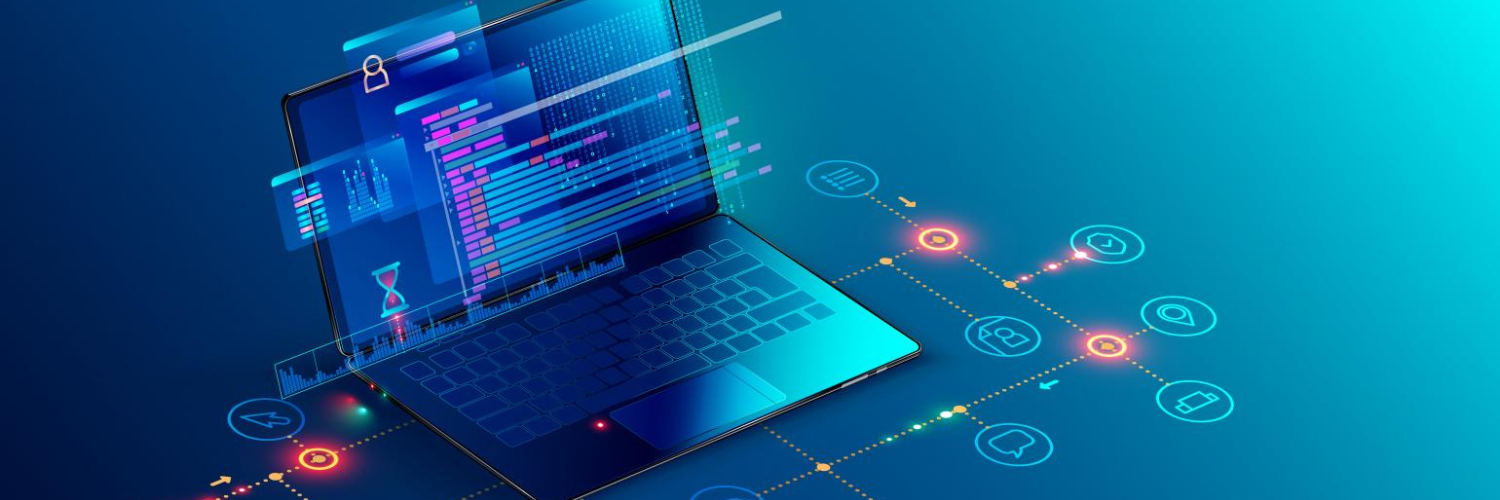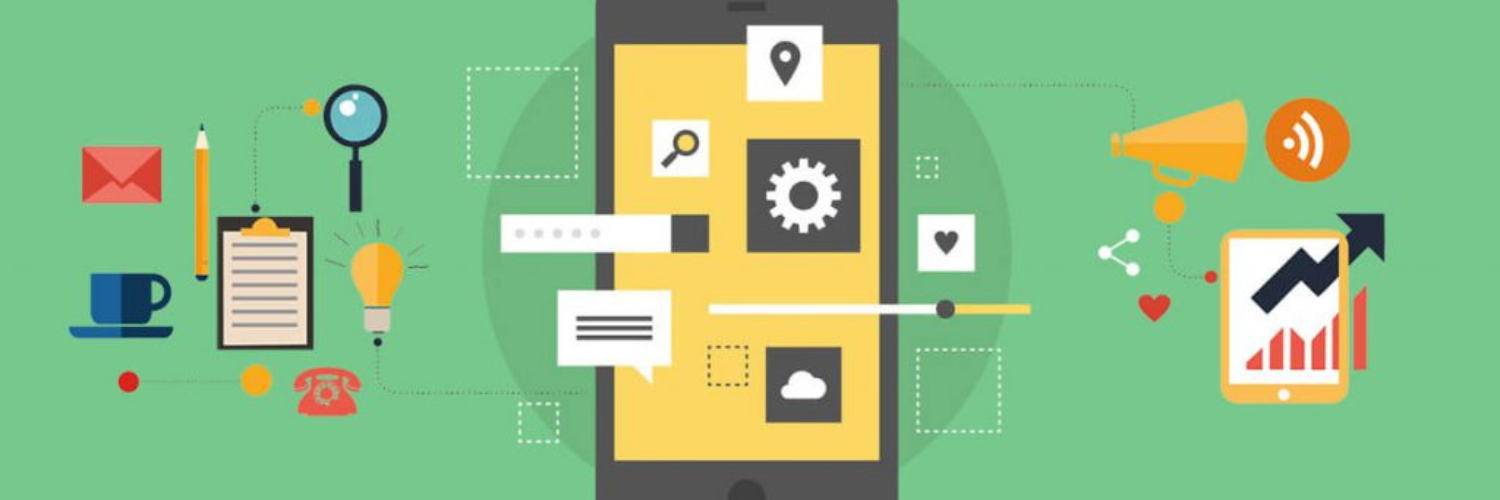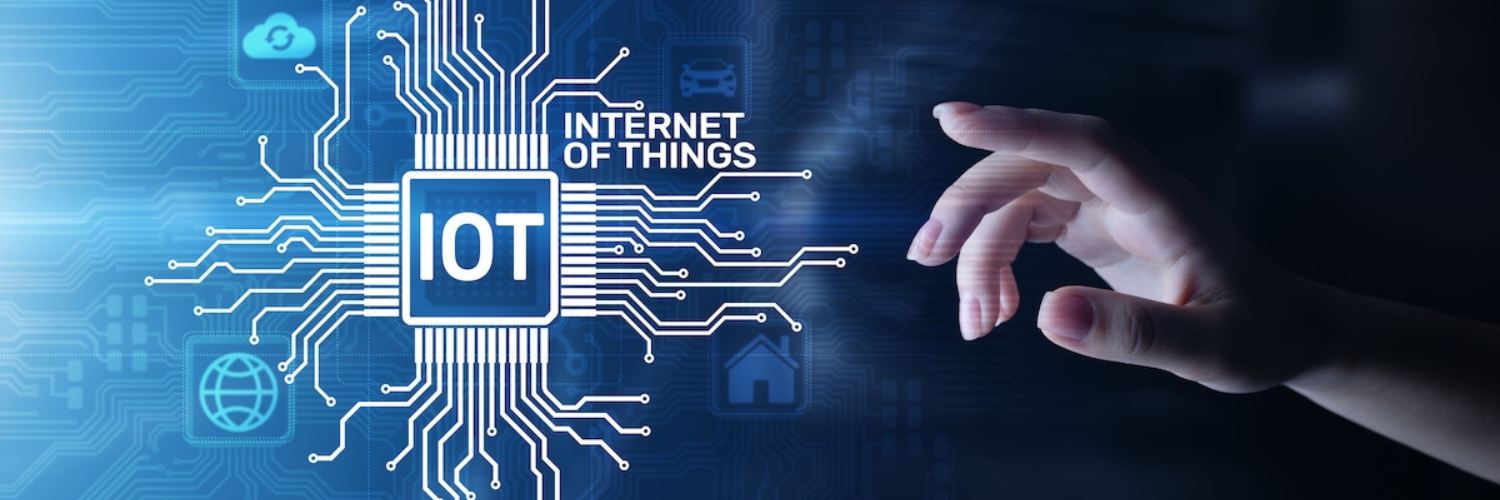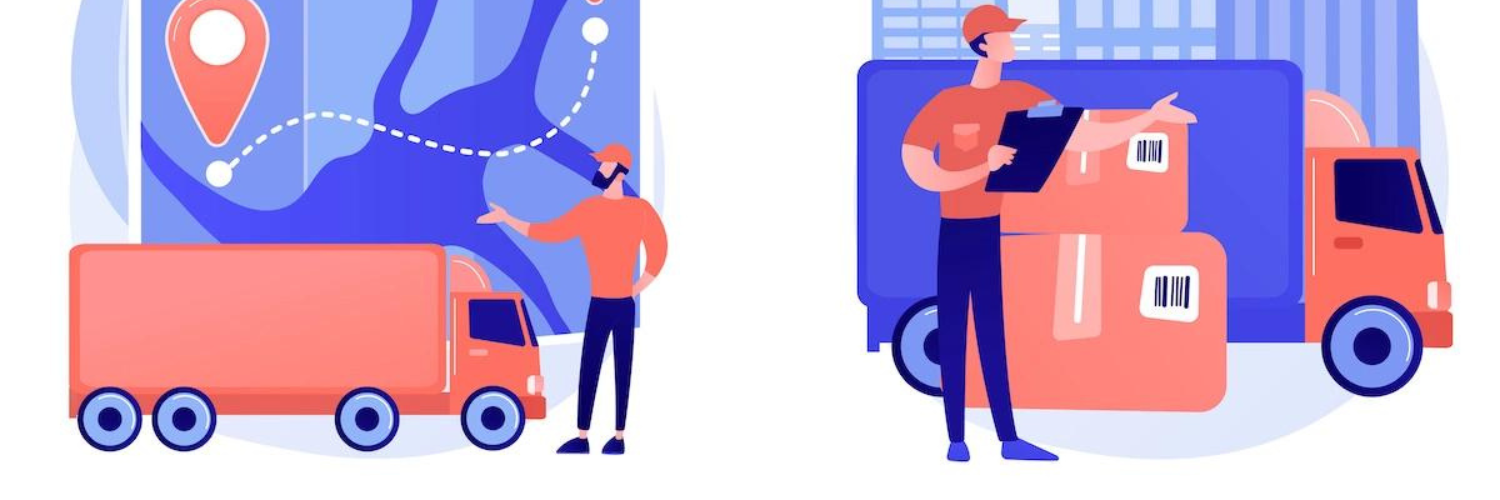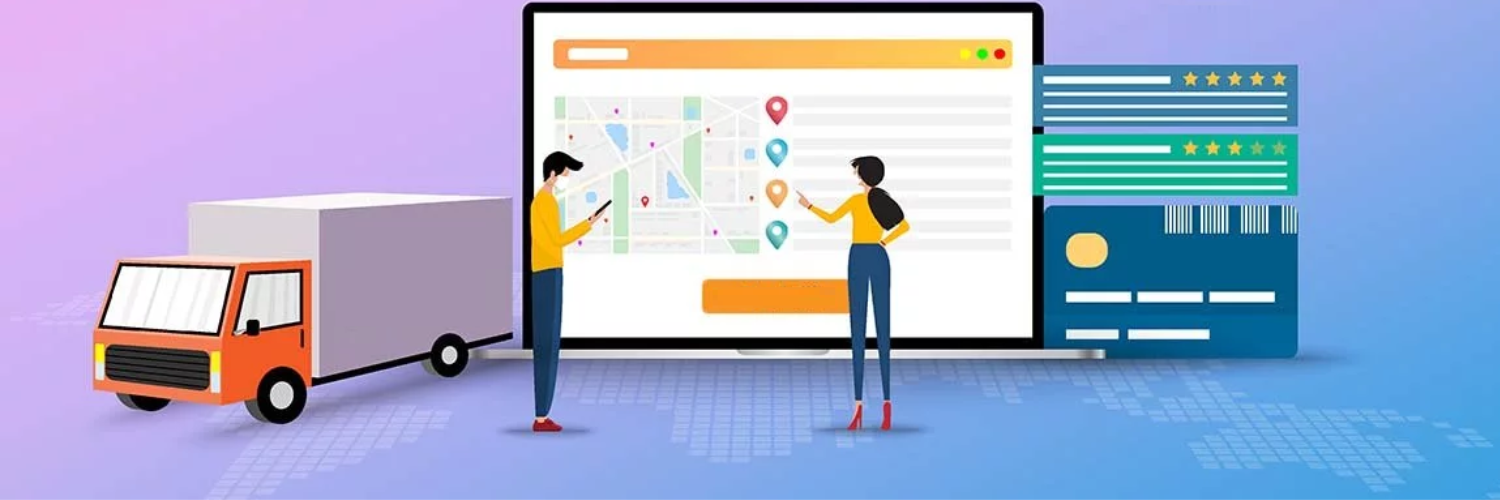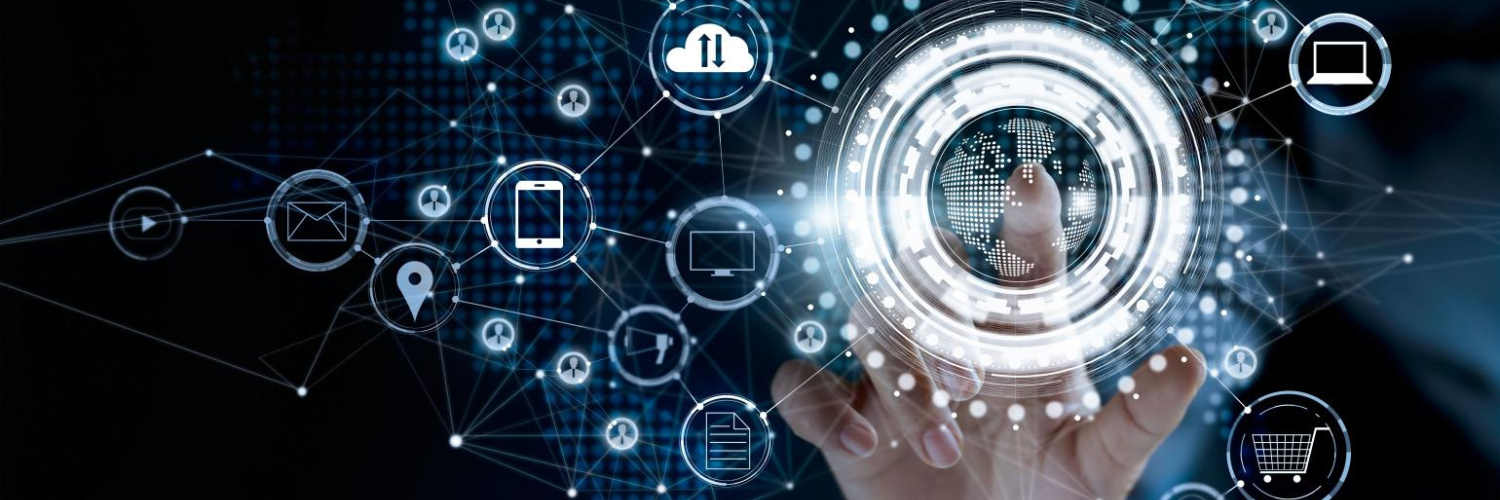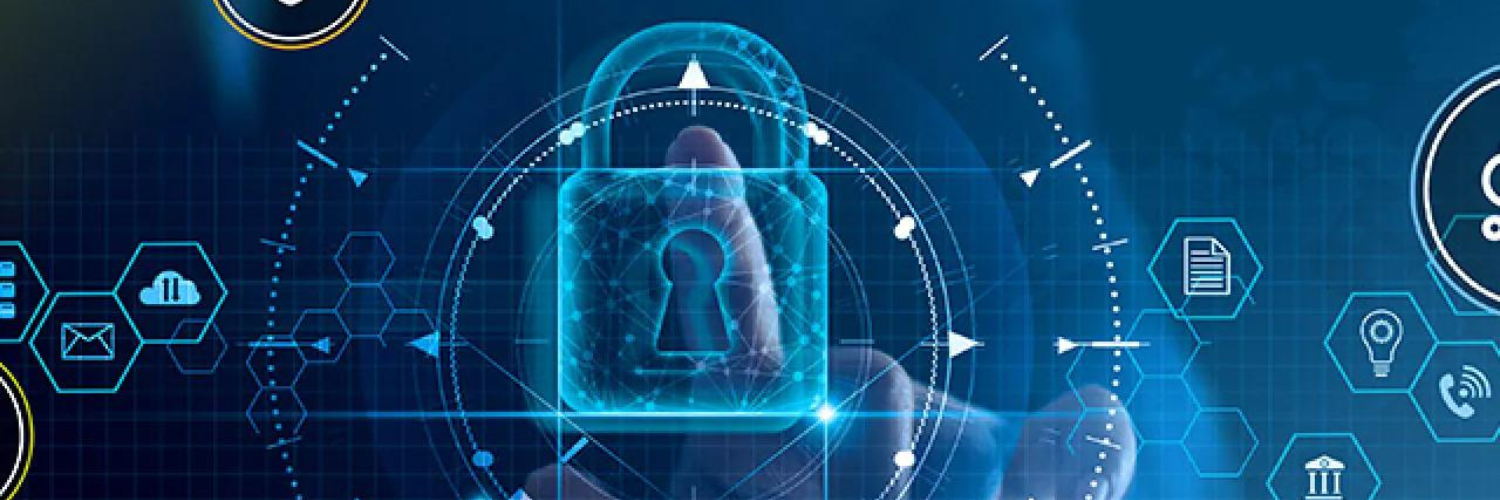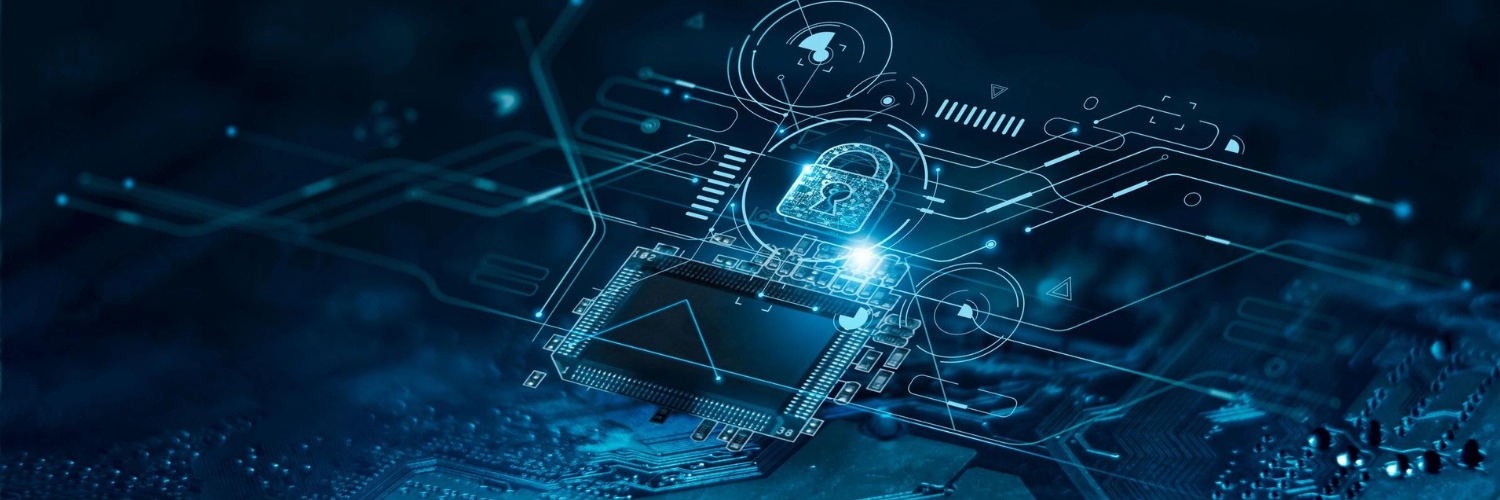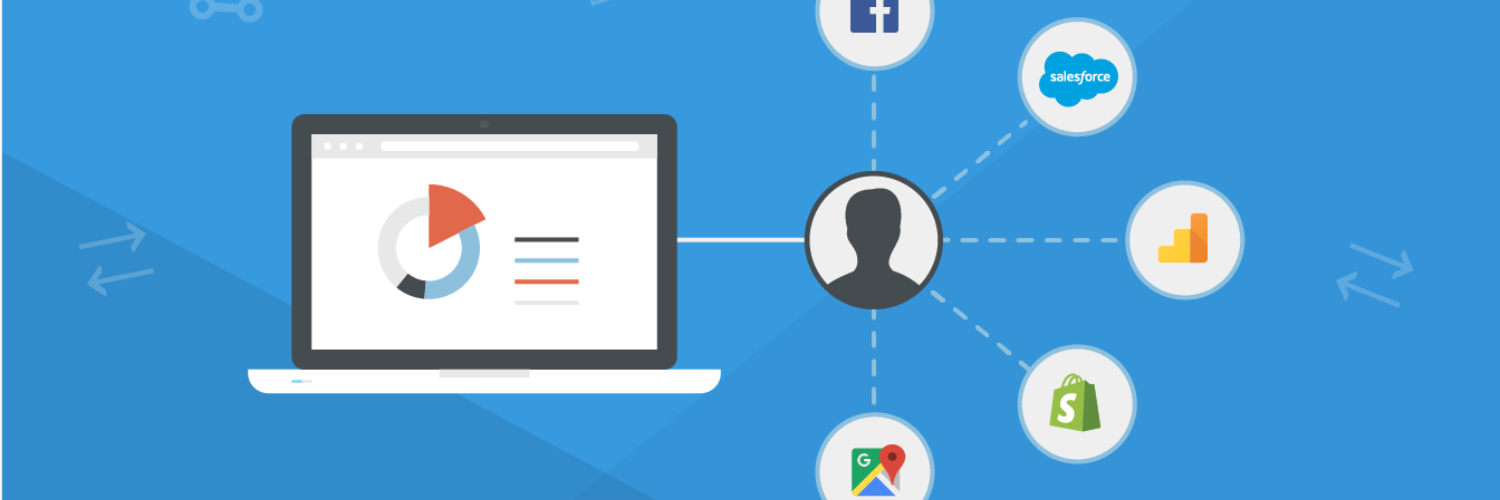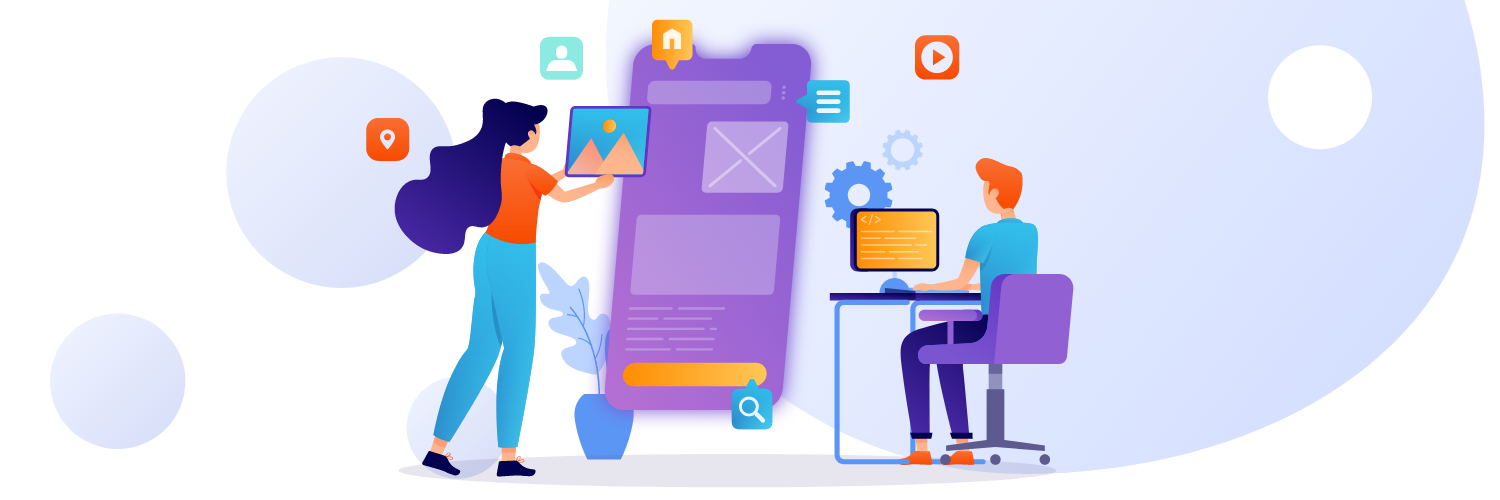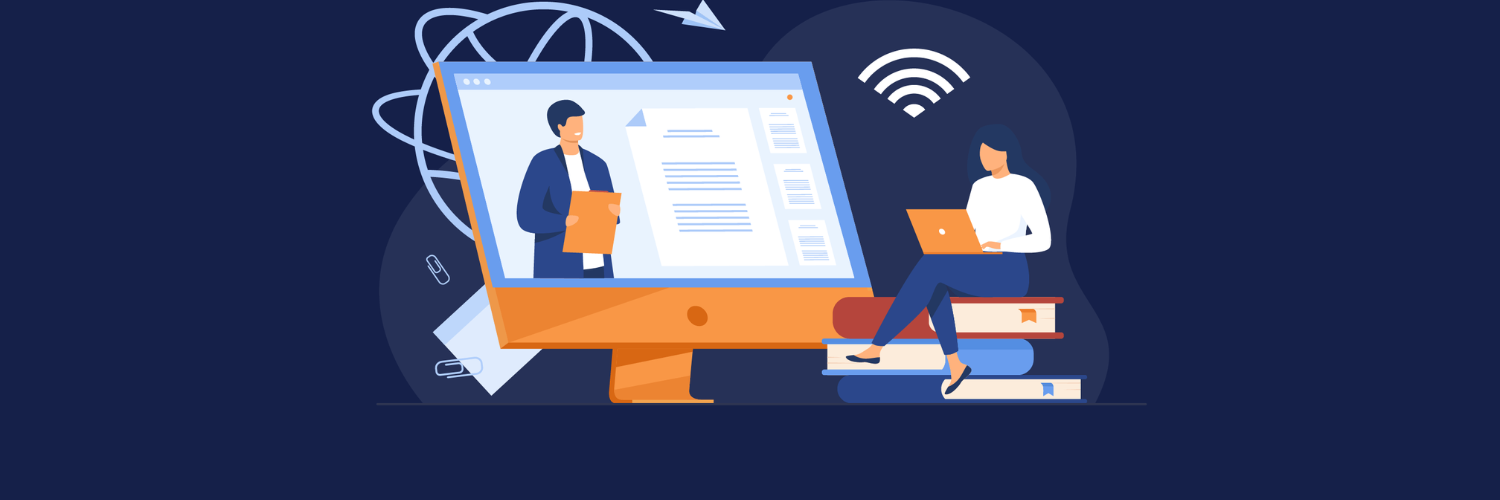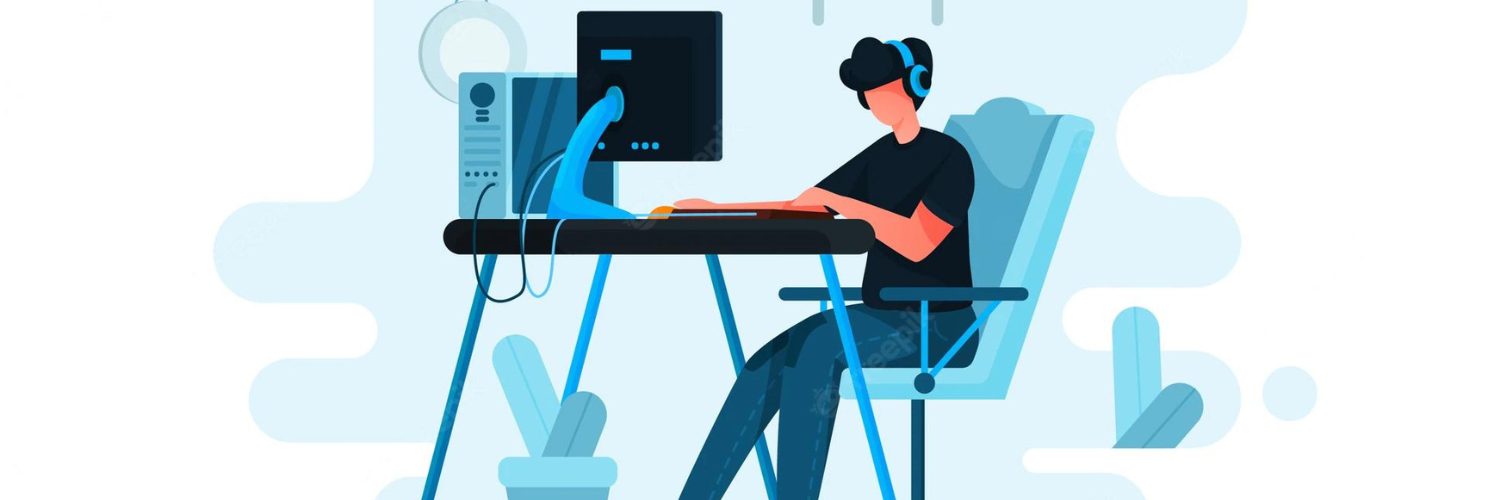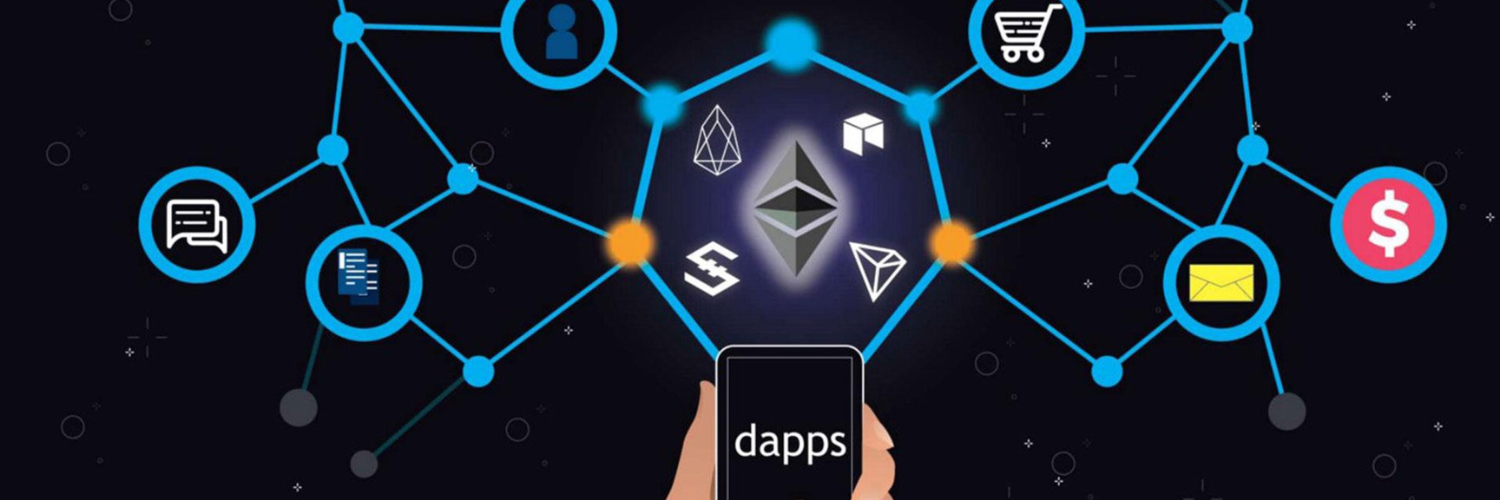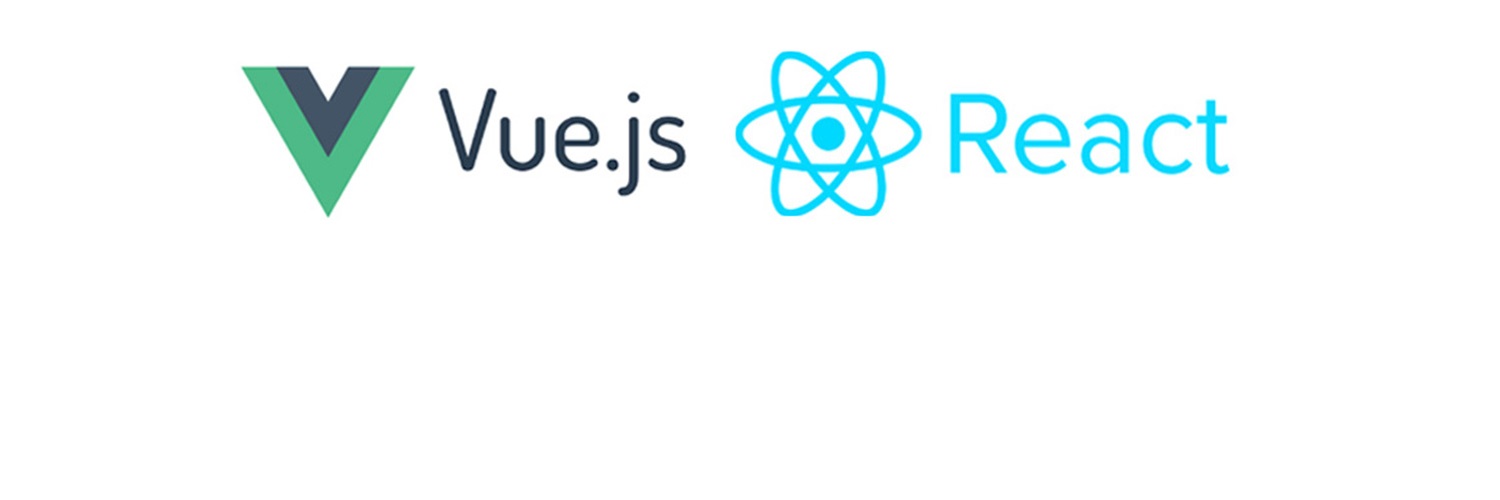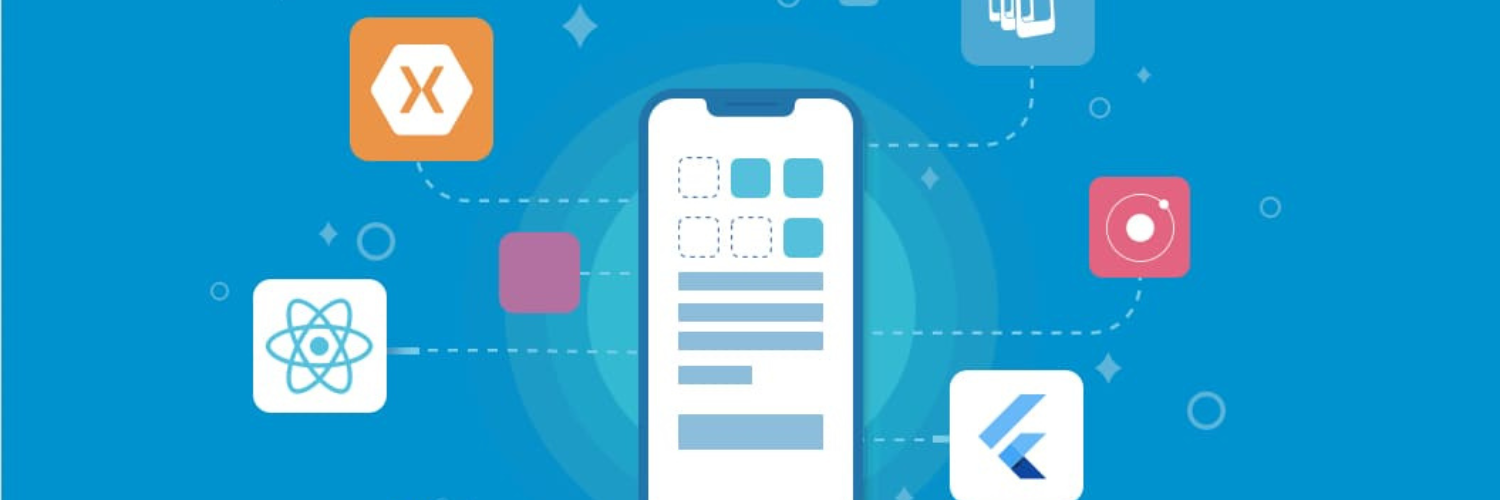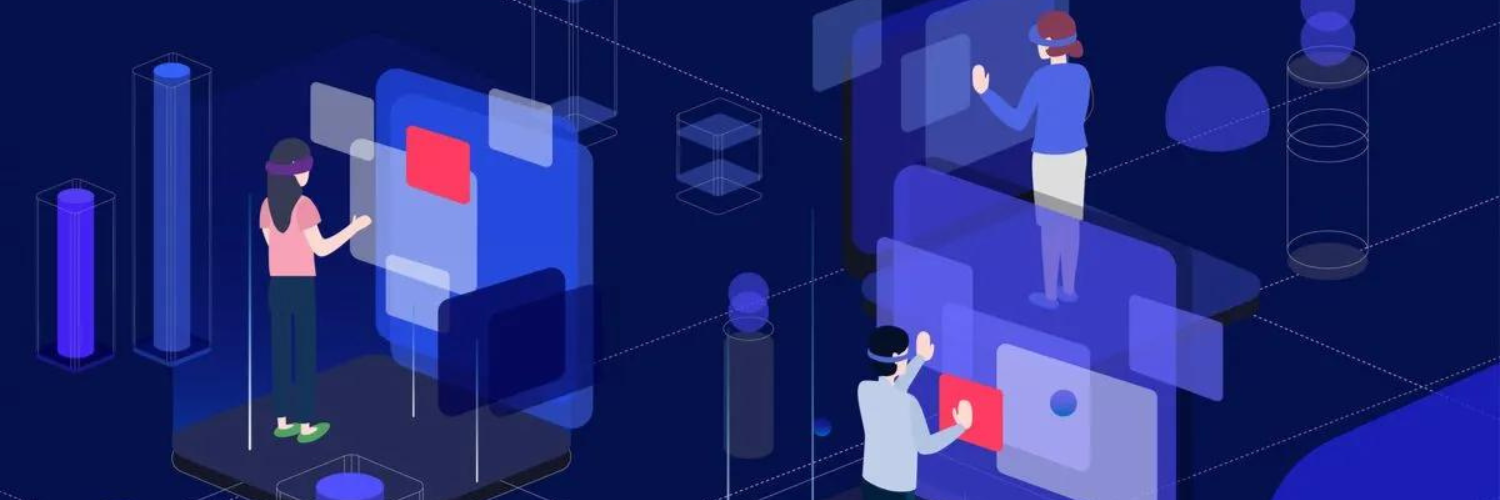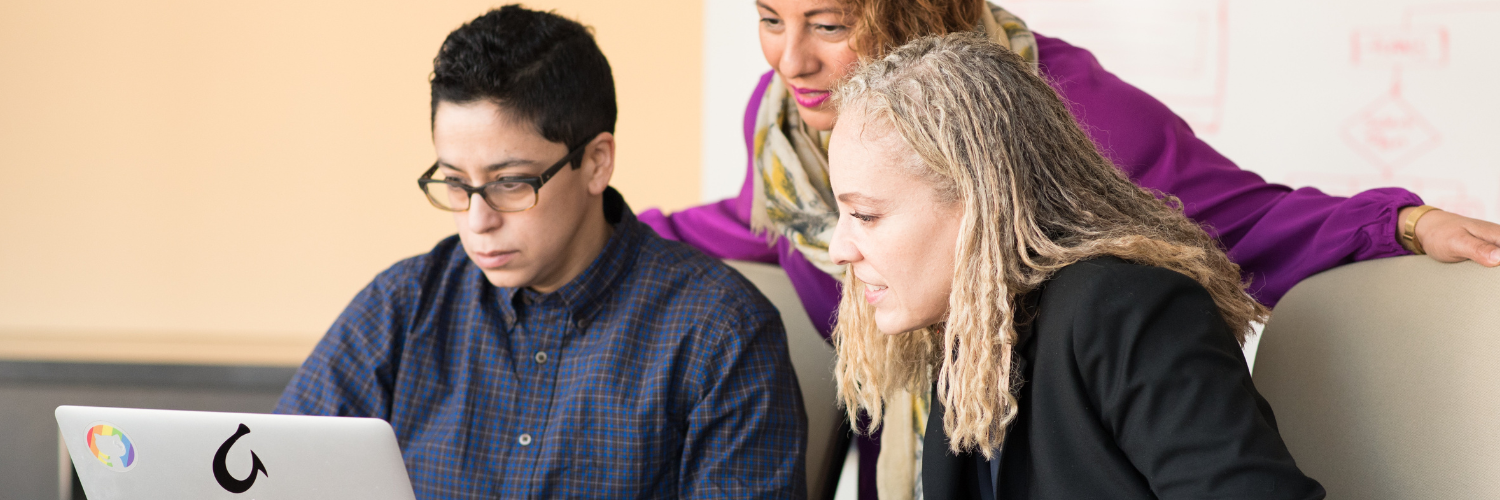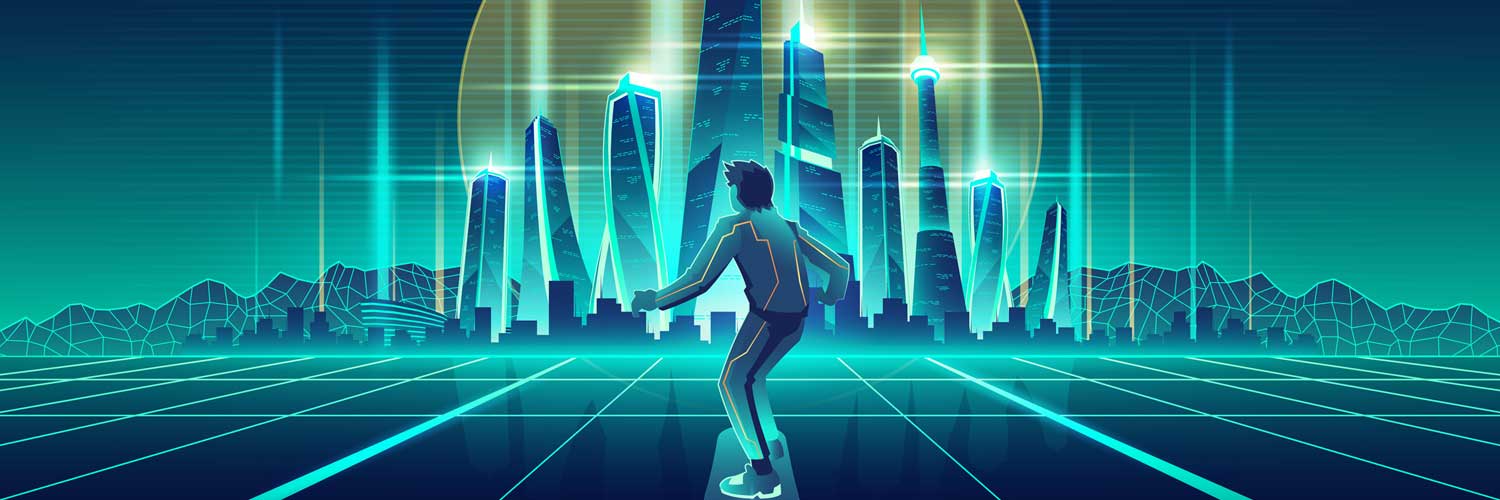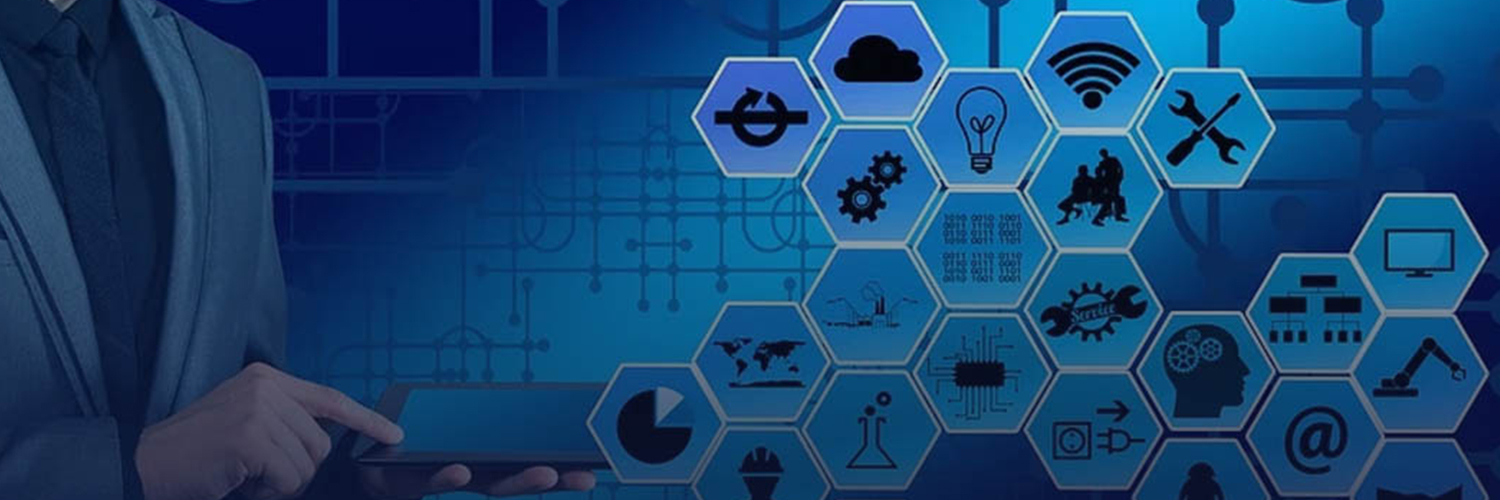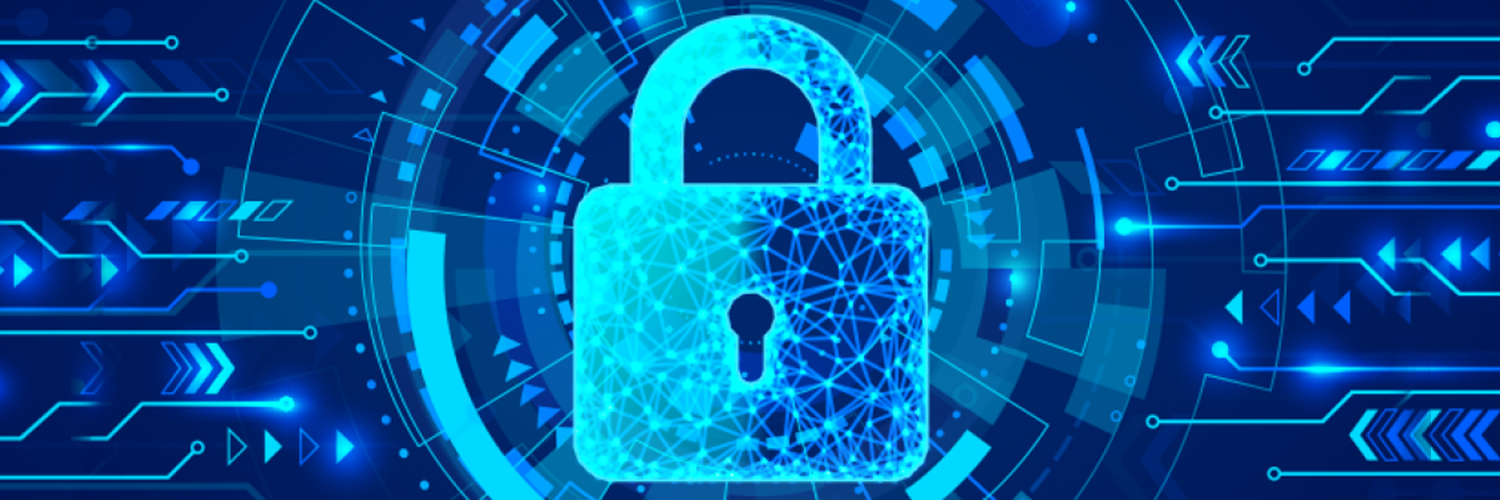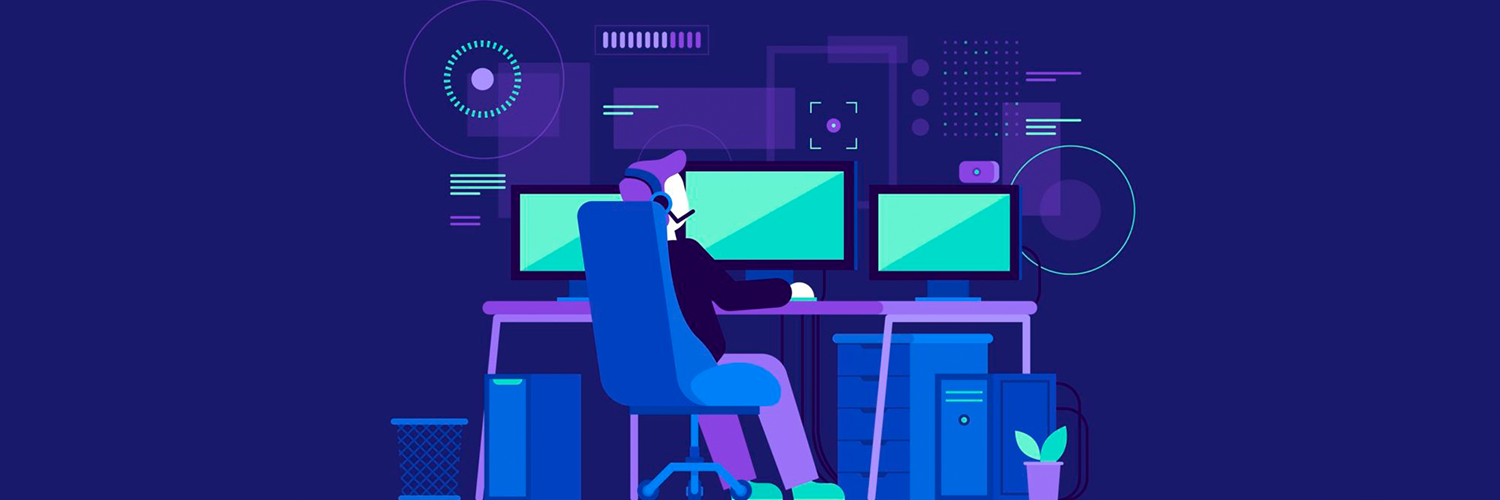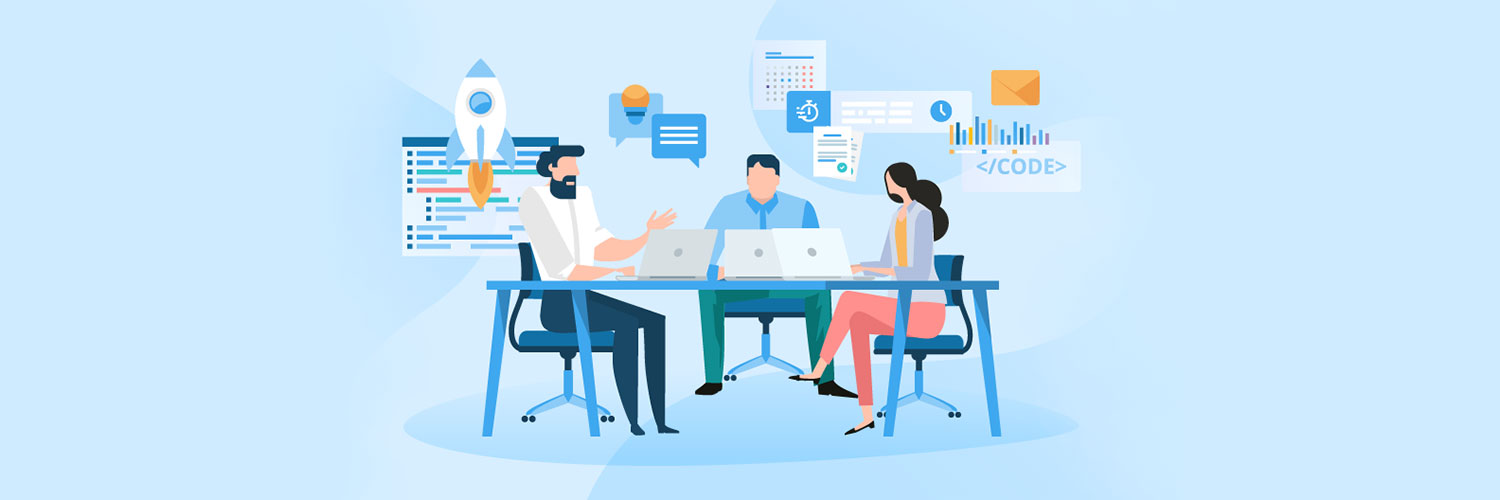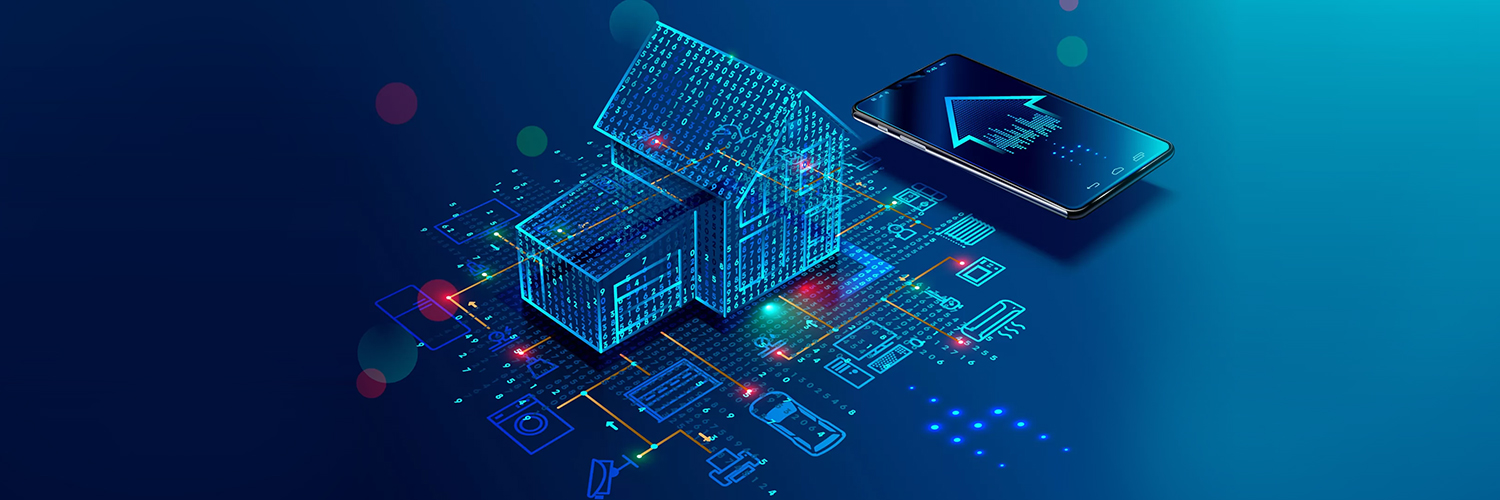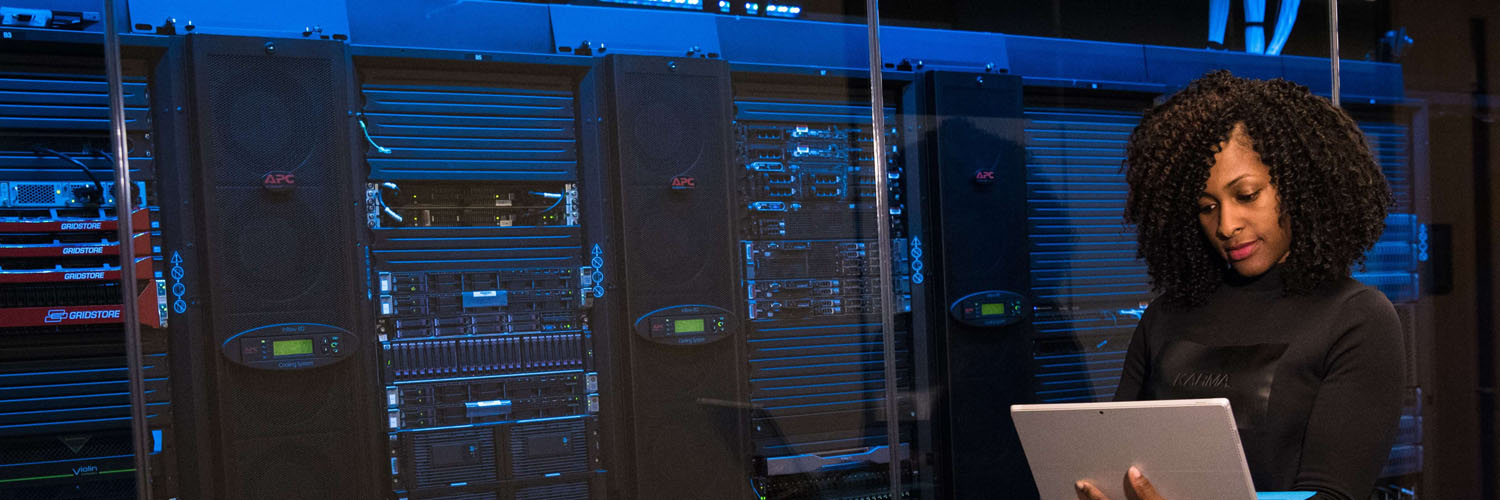In recent years, the field of artificial intelligence (AI) has witnessed remarkable advancements that are revolutionizing various industries.
Sundar Pichai, Google’s CEO, calls artificial intelligence “more profound than fire or electricity or anything we have done in the past.” The founder of LinkedIn and current partner at Greylock Partners, Reid Hoffman, believes, “The power to make positive change in the world is about to get the biggest boost it’s ever had.” Even Bill Gates has said that “this new wave of AI is as fundamental as the creation of the microprocessor, the personal computer, the Internet, and the mobile phone.”
Over the last year, developers have released an impressing number of AI tools that can generate text, images, music, video, and strategies with no need for complicated coding but simply in response to instructions given in natural language. These technologies are rapidly evolving, while developers continue introducing capabilities that would have been considered science fiction just a few years ago.
Changing the way we learn
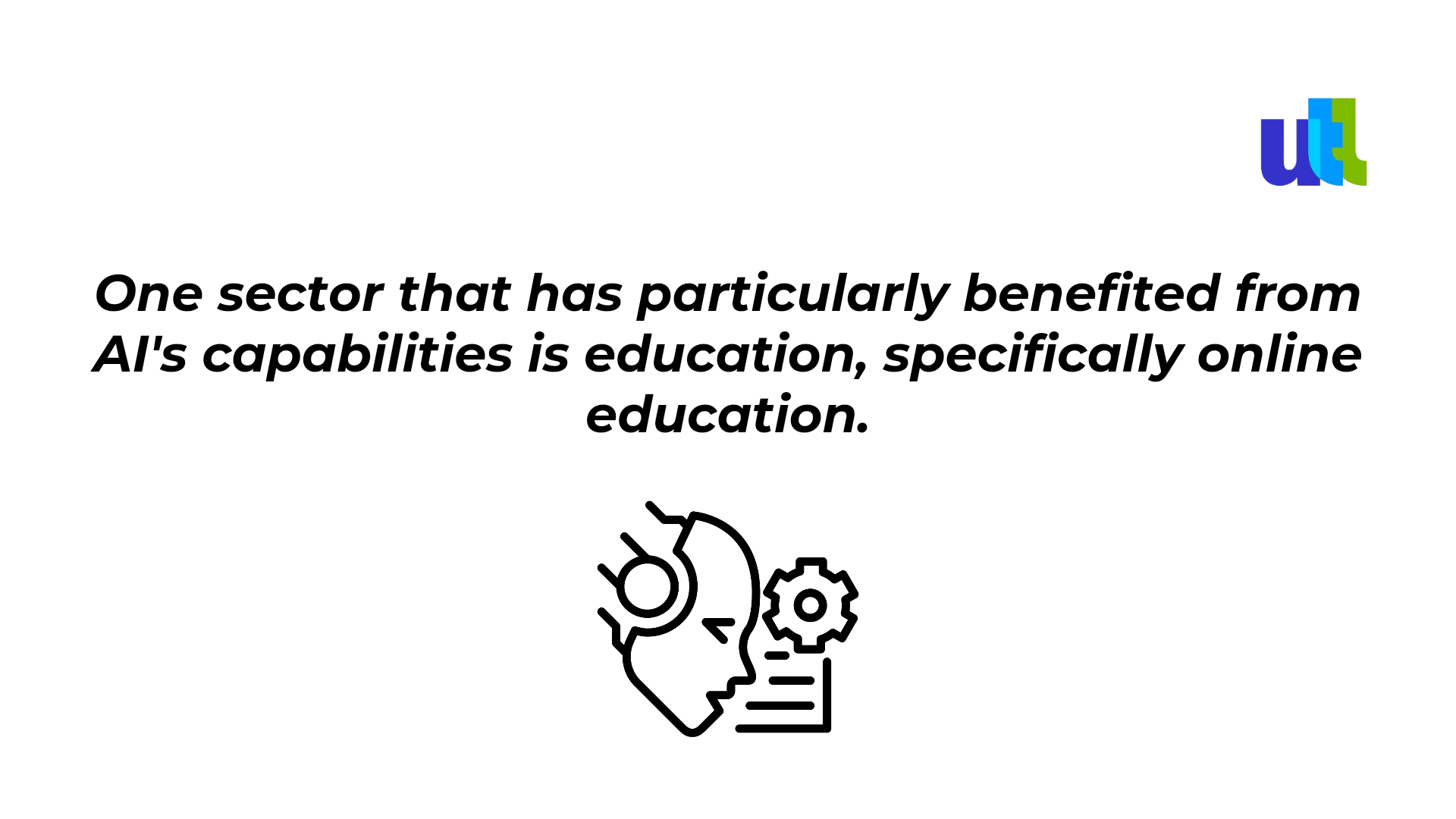
This technology will influence (and is already doing so) how students learn, how teachers work, and ultimately how we structure our education system. Despite some negative opinions, numerous educators and leaders look forward to these changes with great enthusiasm. For example, Sal Kahn - founder of Khan Academy - even said in a TED talk that AI has the potential to effect “probably the biggest positive transformation that education has ever seen.” Still, others warn that AI will enable the spread of misinformation, facilitate cheating in schools and colleges, kill the rest of individual privacy, and cause massive job loss.
The real challenge is to harness the positive potential while avoiding or mitigating the harm
AI could serve—or is already serving—in several teaching and learning roles:
- Instructional assistants
- Teaching assistants
- Parent assistants
- Administrator assistants
Providers of curriculum and instruction materials might also include AI assistants for instant help and tutoring tailored to specific companies’ products. There are already several real-world examples (corporate and public educational platforms) that offer immediate, customized academic and customer support for online learners worldwide.
However, AI is also raising pressing ethical questions around bias, appropriate use, and plagiarism.
Challenges and risks of using AI in traditional education
Along with these potential benefits there also difficult challenges and risks the education community must navigate. Those include:
Student cheating. Students might use AI to solve homework problems or take quizzes, copy AI-generated essays, and even automate their college-entrance process.
The spread of biases. AI systems learn from the data they are trained on. This means that if this data contains biases, those biases can be learned and perpetuated by the AI system (for example, biases toward one ethnicity, gender, or socioeconomic segment, political ideology, and possibly even pedagogical philosophy).
Privacy concerns. With generative-AI tools, conversations and personal information might be stored and analyzed, posing a risk to students’ and teachers’ privacy.
Decreasing social connection. More time spent using AI systems could lead to less real-life student interaction with both educators and classmates. As a result, AI could intensify and worsen the public health crisis of loneliness, isolation, and lack of connection (U.S. Surgeon General).
Dependence on technology. Both educators and their students face the risk of becoming overly reliant on AI-driven technology, making to it harder to develop critical thinking. This challenge extends to educators as well (lesson-plan generation, for example). Teachers may accept the initial AI-generated content rather than dedicate some time to reviewing and improving it for optimal educational value.
Many of these risks are not new or unique to AI.
Considering these challenges, in 2023 the Department of Education has stressed the importance of keeping “humans in the loop” when using the technology. “AI cannot replace a teacher, a guardian, or an education leader as the custodian of their students’ learning,” the report stressed.
Ok, that is fair enough, but what about non-compulsory online education?
Transforming online education with AI
The integration of AI in online education is making education more accessible, personalized, and engaging than ever before.
Artificial Intelligence (AI) is being used in various aspects of online education to enhance learning experiences, improve efficiency, and personalize instruction. Here is how:
Personalized learning paths
One of the most exciting developments in AI for online education is its ability to personalize learning experiences. Traditionally, educators faced the challenge of catering to diverse learning styles and paces within a single classroom. AI, with its data-driven insights and machine learning algorithms, can analyze students' performance and adapt content accordingly. This means that every student can receive a customized learning plan that suits their individual needs, while also ensuring no one is left behind.
For instance, if a student excels in mathematics but struggles with grammar, AI can identify these strengths and weaknesses and provide tailored exercises and suggest additional useful resources. This personalization boosts confidence, as students progress at their own pace.
Intelligent tutors
A tireless, 24/7 tutor who patiently guides you through your coursework… is it a dream? No! With AI, this becomes a reality. Intelligent tutoring systems use AI algorithms to simulate the presence of a human tutor: they can answer questions, provide explanations, and offer real-time feedback on assignments and assessments. This way students always have access to help when they need it, making learning a more collaborative and supportive experience.
Enhanced engagement
One of the main challenges of online education has been maintaining student engagement. AI has introduced innovative solutions to combat this issue. How? AI-powered chatbots can engage students in conversations related to their coursework, offering reminders, answering queries, and even making a few jokes to keep learners cheered up.
Moreover, with virtual reality (VR) and augmented reality (AR) technologies, often integrated with AI, students can explore historical sites, dive into the human body, or conduct scientific experiments in a safe and controlled virtual environment.
Redefining assessments
Traditional assessments like multiple-choice tests are giving way to more sophisticated methods that measure not just what students know, but how they apply their knowledge. AI can grade essays, evaluate code, and even analyze spoken language for pronunciation and fluency. This provides more comprehensive and objective evaluations of knowledge.
General accessibility and inclusivity
AI-driven transcription services are breaking down barriers for students with disabilities, making education more accessible than ever. Real-time captioning and translation services are suitable for students with hearing impairments or those who speak different languages to engage fully in online courses. Additionally, AI-driven content recommendation systems can advise materials that are more accessible and accommodating to their learning styles.
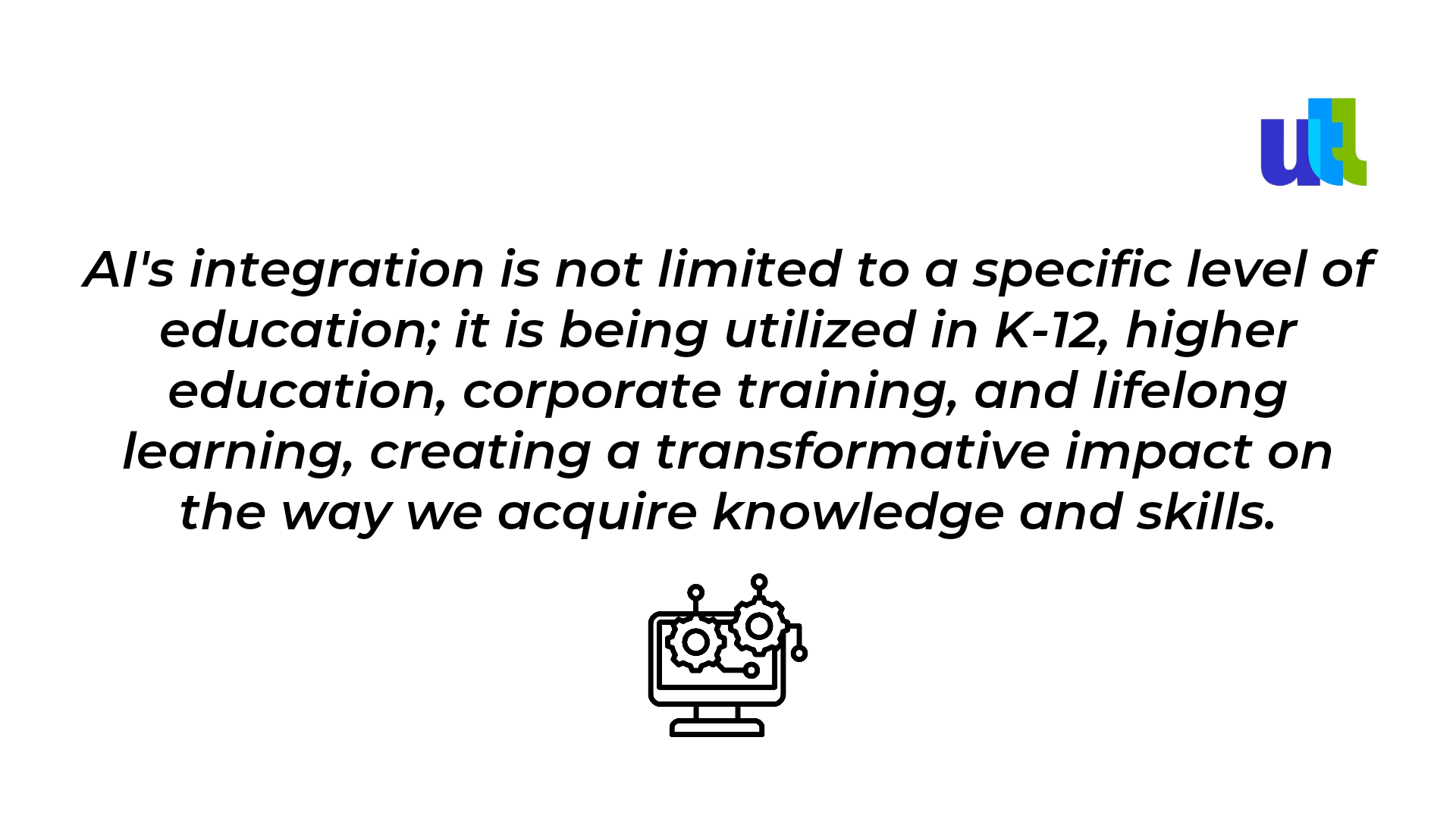
Wrapping up
The integration of AI in online education represents a monumental leap forward in the way we learn and teach. As AI continues to evolve and expand its capabilities, the potential for revolutionizing education is boundless. The benefits of personalized learning, intelligent tutoring, enhanced engagement, and inclusive accessibility are making education more effective and enjoyable for learners of all ages and backgrounds.
While AI is transforming online education, it's important to remember that it is a tool to empower educators and learners, not a replacement for human interaction. It is also raising pressing ethical questions around bias, appropriate use, and plagiarism in traditional education.
The bright future of education lies in the harmonious collaboration between AI and human educators, working together to create a brighter tomorrow where education is accessible, engaging, and tailored to every individual's unique needs.
For free consultation on artificial intelligence, click here.
----------------------------------------------------------------------------------------------
View the full presentation:
WRITTEN BY
Sofia Kutko
2023-10-12








